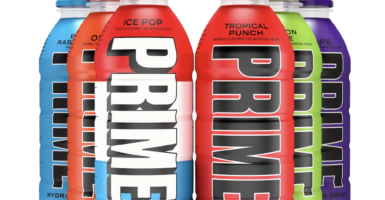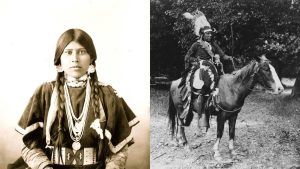Only ’80s Kids Can Ace This Totally Tubular Slang Quiz
The 1980s were defined by bright, neon clothes, pop and punk rock music, wholesome sitcoms, and much more. Since this was a transformational time in world history, many new phrases originated during this decade. Slang terms such as “grody,” “wastoid,” and “radical” became part of ’80s vernacular.
While many of these slang terms have decreased in popularity, it sure is fun to learn about how people used to talk four decades ago. Now, if you think you’re up to the challenge, it’s time to guess the meaning of these “righteous” 1980s slang terms.
Do you know the meaning of “wannabe”?
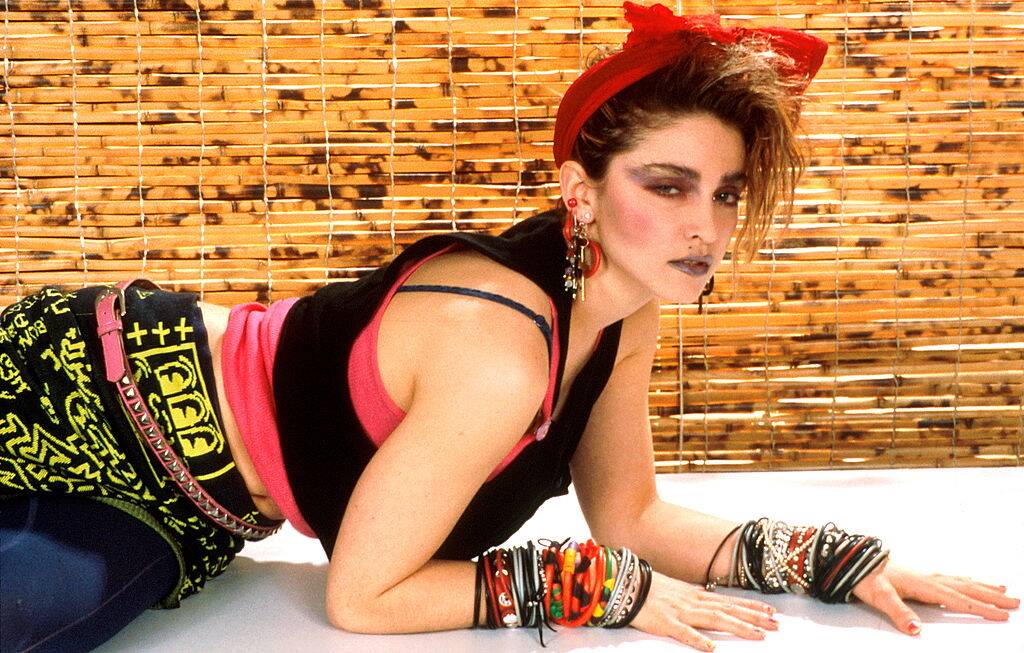
A. someone who tries to be someone else
B. someone who wants something
C. someone who travels a lot
D. someone who smells bad
Answer: someone who tries to be someone else
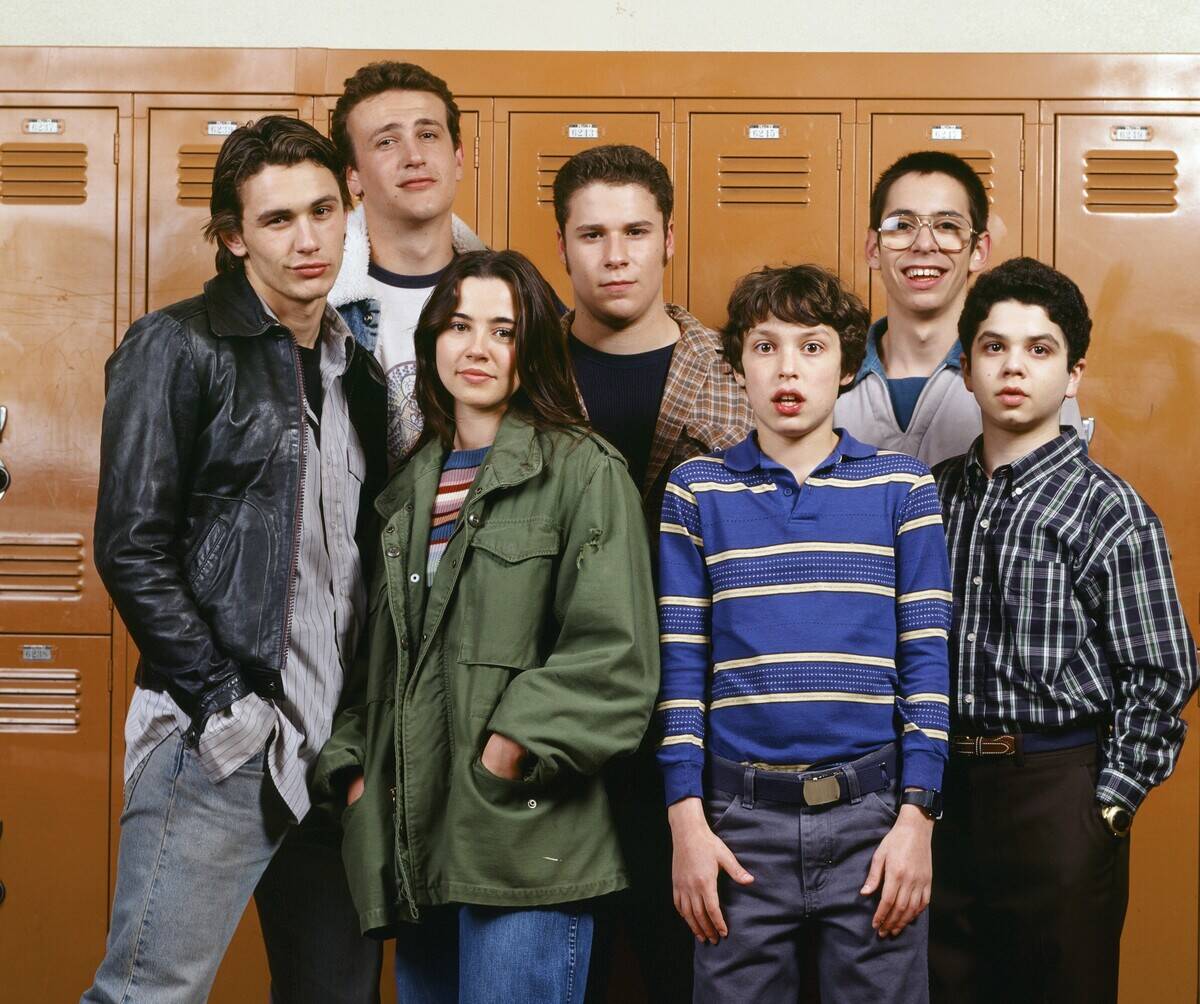
While the phrase “wannabe” originated in 1976, it really started to pop off in the 1980s. For example, a review in a newspaper called a play character a “wannabe” version of Madonna.
Can you define “veg”?
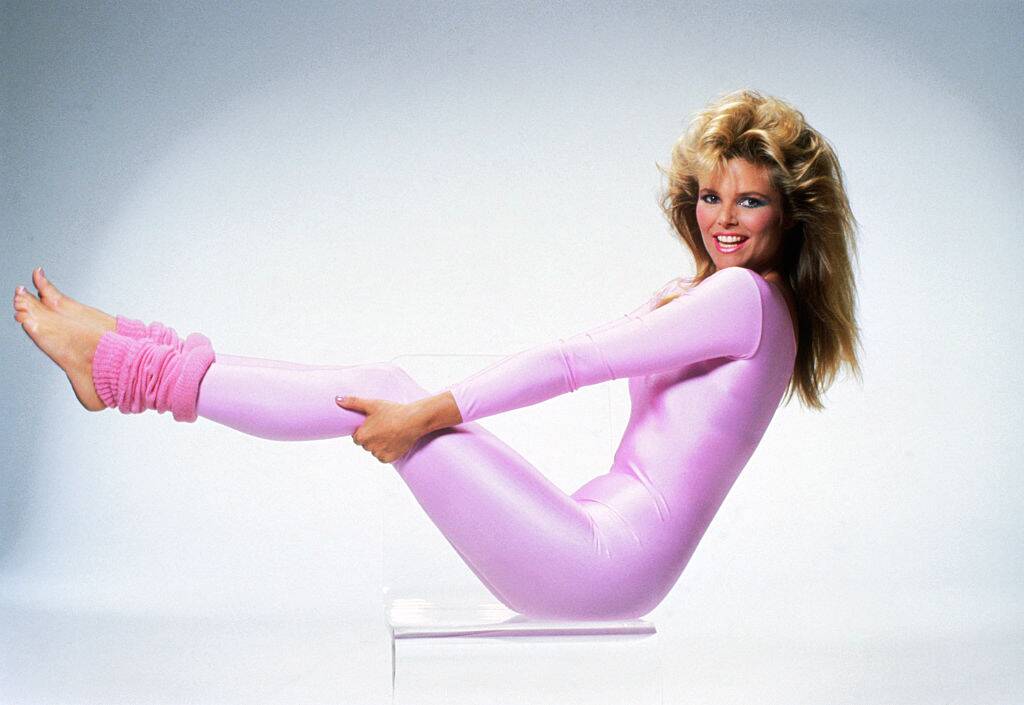
A. to eat vegetables
B. to disengage mentally and relax
C. to garden
D. to drive
Answer: to disengage mentally and relax

The phrases “veg” or “veg out” refer to when someone disengages mentally and relaxes. A lot of the time, it is used when someone is sitting around for a while watching television.
What did it mean to hear “butter”?
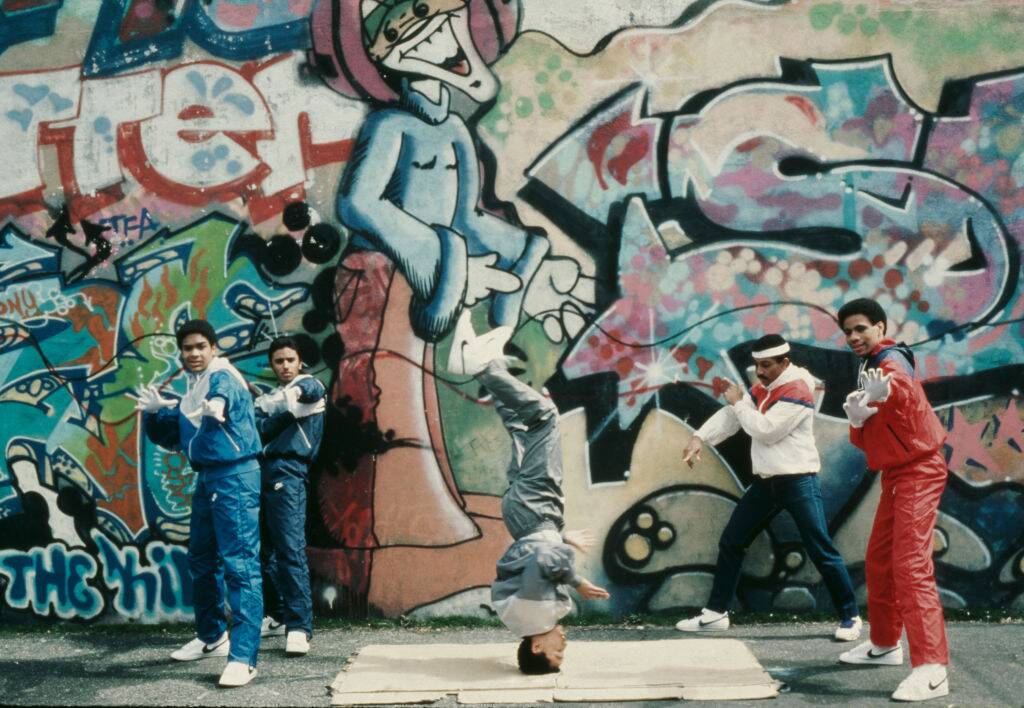
A. to smooth something over
B. being better than someone
C. when something is uncool
D. to listen to music
Answer: when something is uncool
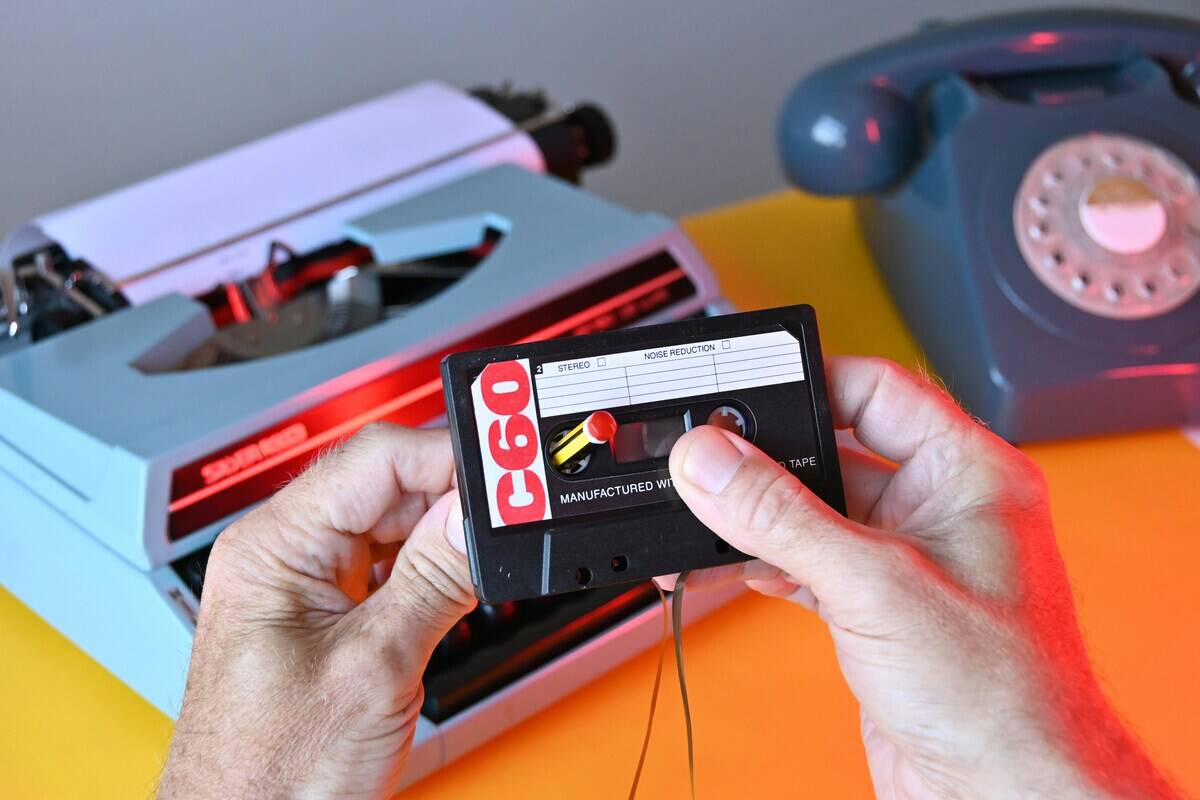
“Butter” could often be heard among college students in the 1980s. The phrase was typically used to refer to something that was considered uncool. For example, someone might say, “This song is butter.”
What are you doing if you “motor”?
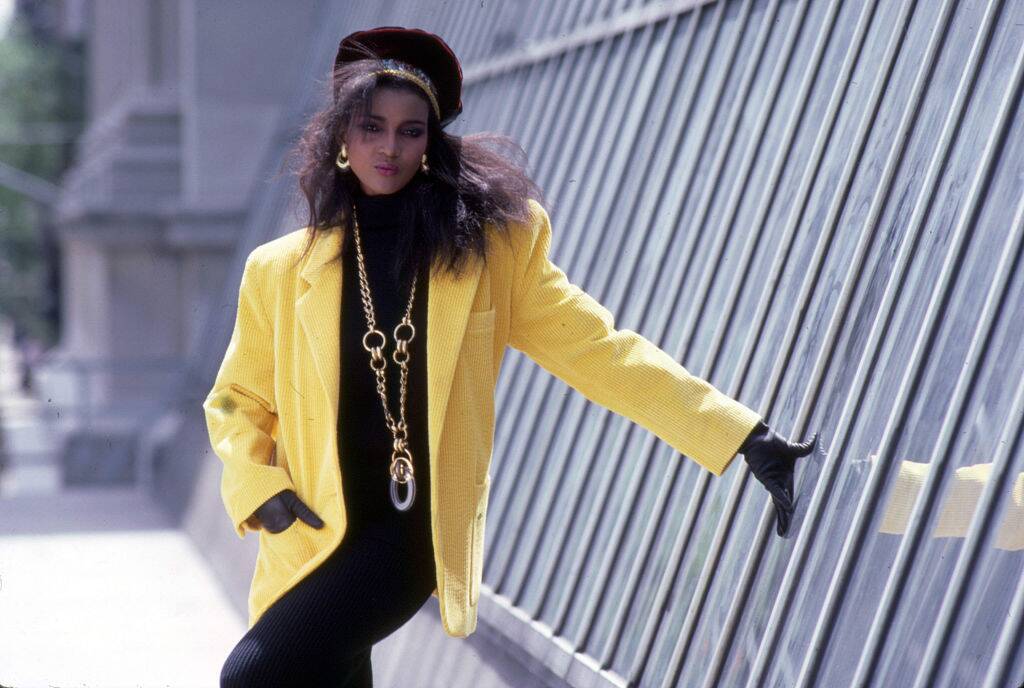
A. pace back and forth
B. spin around in circles
C. go shopping
D. move quickly and leave
Answer: move quickly and leave
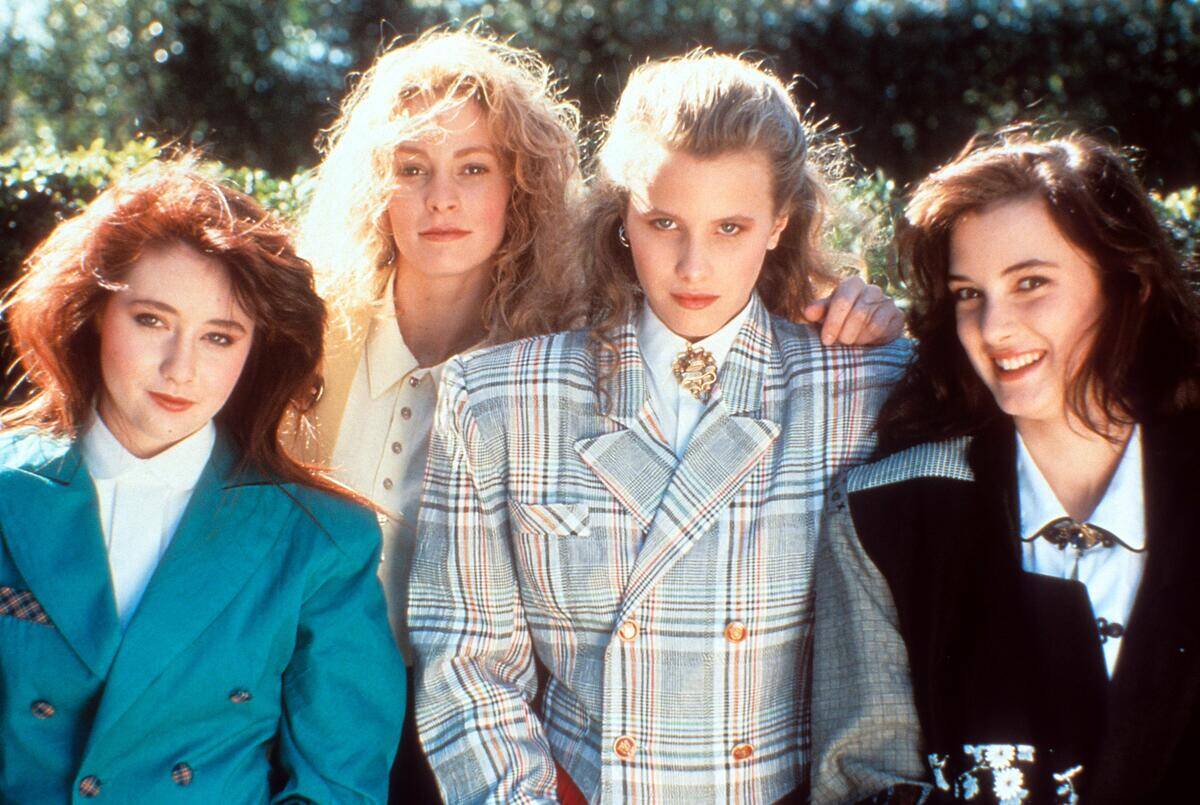
If you’ve ever heard someone say that they have to “motor,” it means that they need to leave as quickly as possible. This popular phrase can be heard in Heathers.
What is a “freakazoid”?
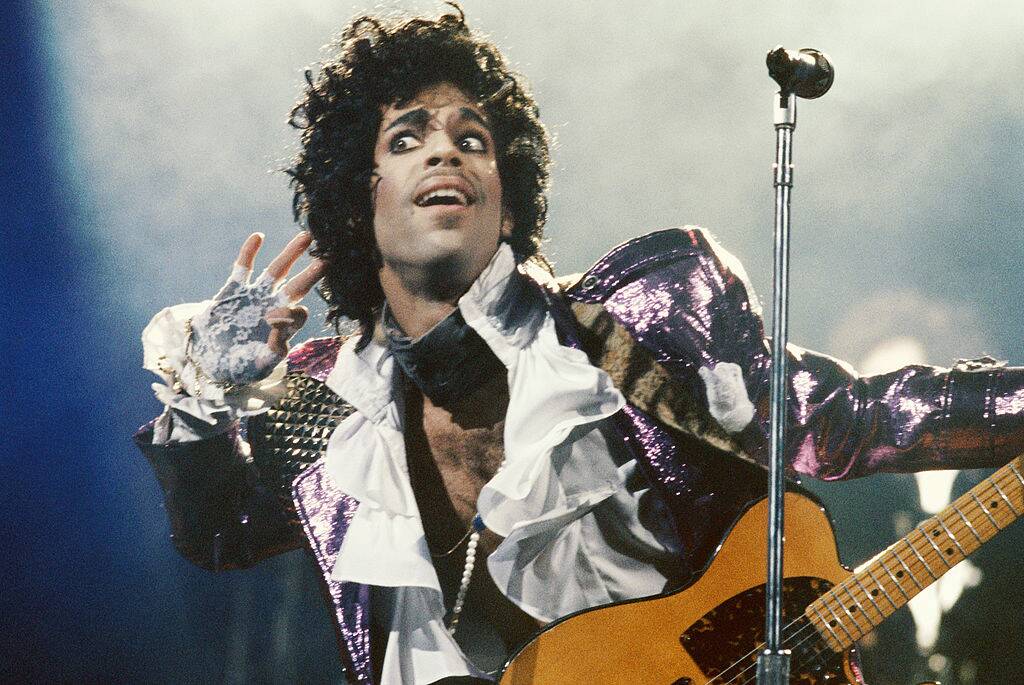
A. a bizarre or freakish person
B. a type of geometric shape
C. a type of dessert
D. someone who doesn’t eat meat
Answer: a bizarre or freakish person
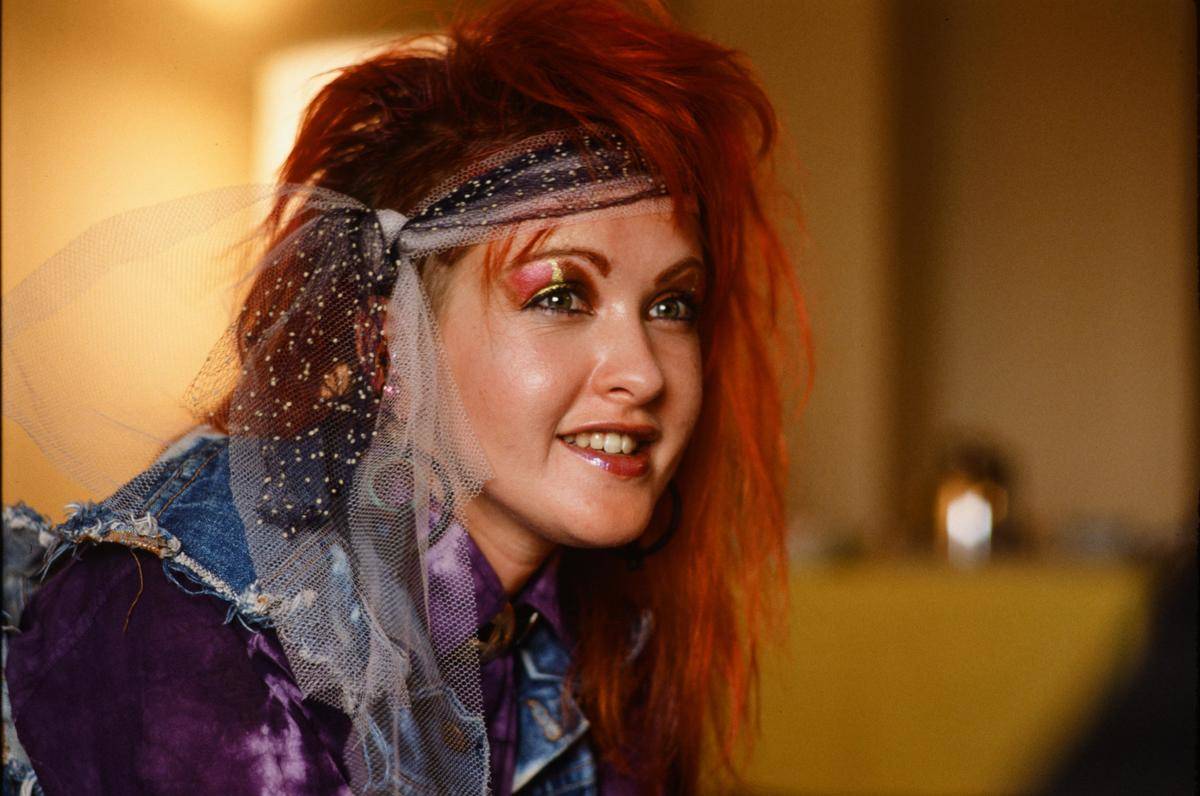
The meaning of “freakazoid” is in the name because it can be defined as a bizarre or freakish person. When the term originated in 1984, it was directed at people involved in new wave or punk rock music movements.
When is something “grody”?

A. when it’s cool
B. when it’s dirty or gross
C. when it’s funny
D. when it’s stupid or juvenile
Answer: when it’s dirty or gross
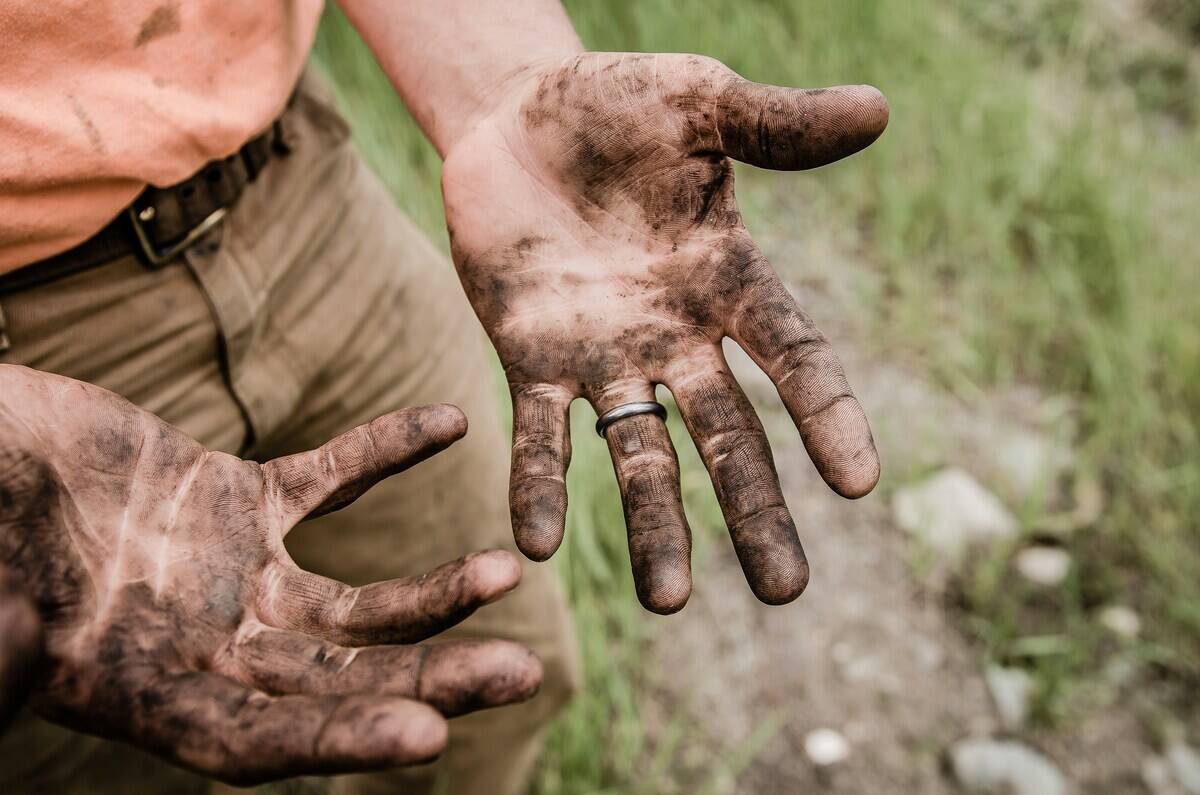
While the term “grody” originated in the 1960s as “grody,” it became more mainstream in the 80s. The saying can be defined as slovenly, dirty, or super gross. “Grody to the max” means when something is disgusting beyond belief.
Define “bod”.

A. body
B. bad
C. person
D. song
Answer: person
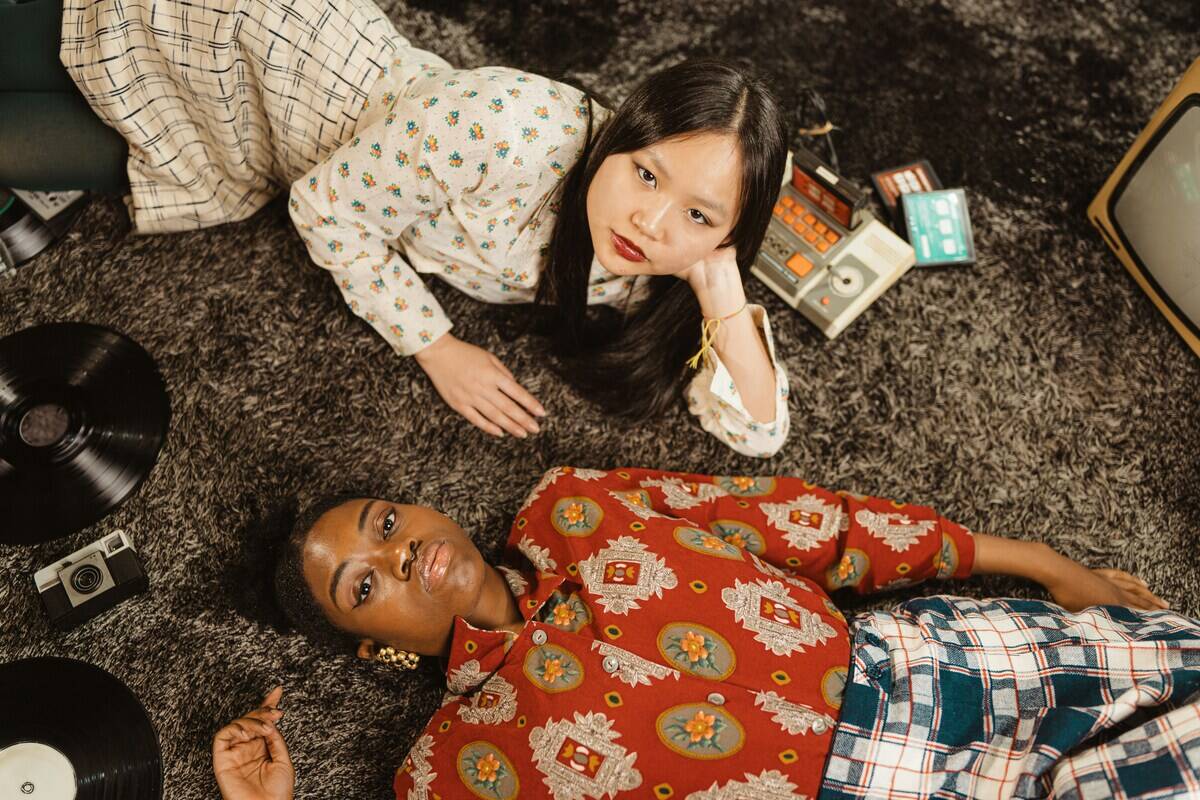
The term “bod” actually originated back in the 1780s and was spoken as “bodach.” In the 1960s, it was used to refer to an attractive person. In the 1980s, it was used plainly as the word “person.”
Which of these phrases came from “adios amigos”?
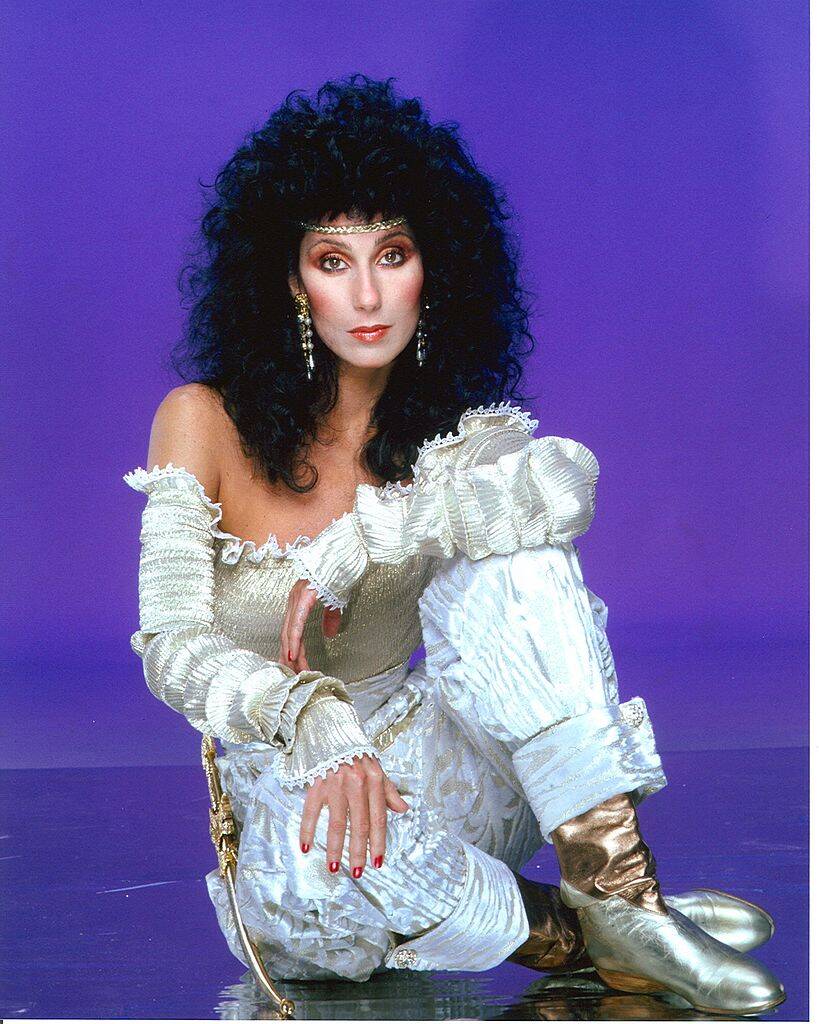
A. Adios Amber
B. Goodbye Goofball
C. Farewell Frank
D. Adios Amoebas
Answer: Adios Amoebas

In the late 1980s, people took the common phrase “adios amigos” and turned it into “adios amoebas.” “Adios amigos” was popularized in the 1950s after being said on The Cisco Kid.
Ralph isn’t just someone’s name. What does it mean?
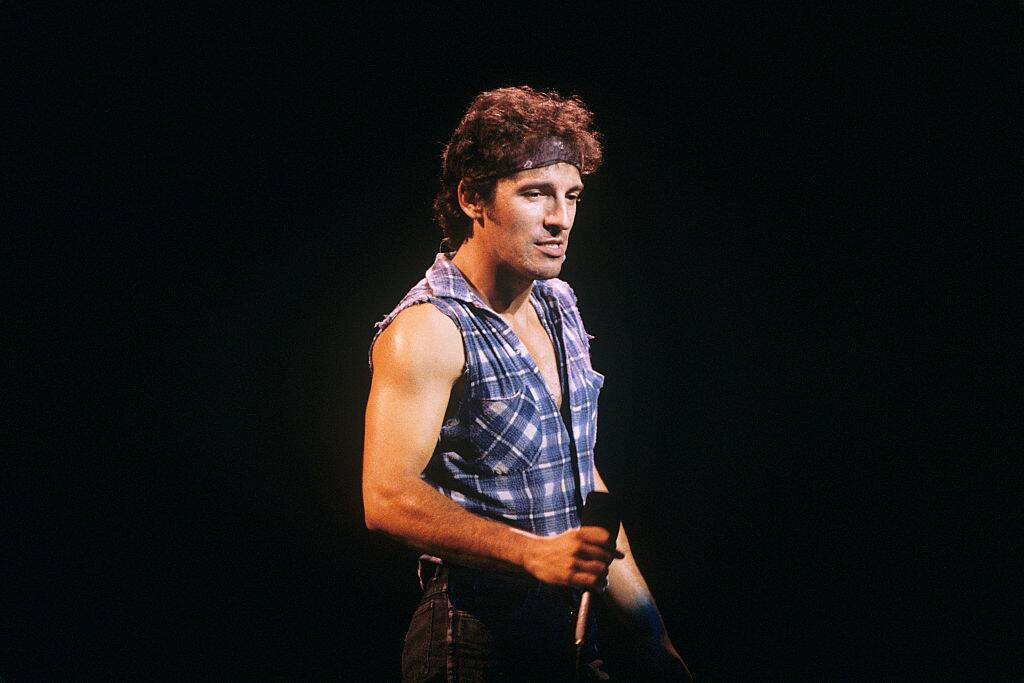
A. vomiting
B. dancing
C. playing
D. joking
Answer: vomiting
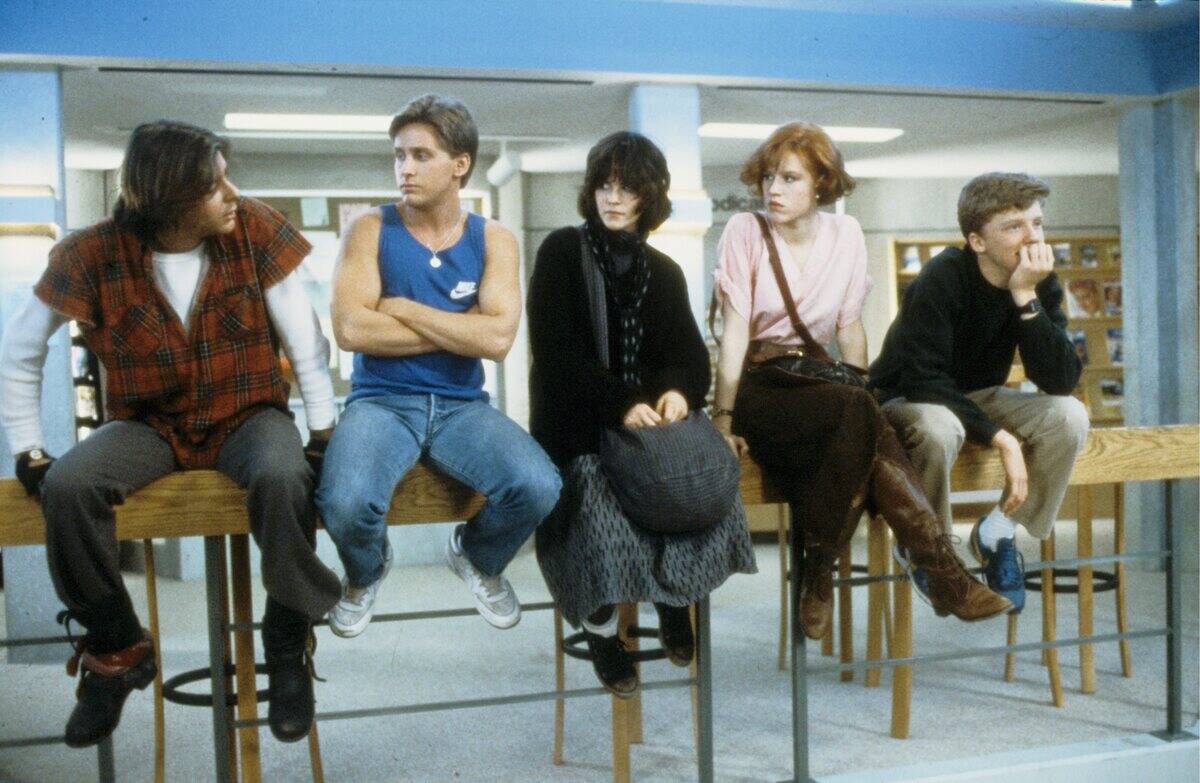
This one is kind of gross. To “ralph” or “ralphing” means that someone is puking. The phrase originated from a line said by Ally Sheedy in The Breakfast Club: “Your middle name is Ralph, as in puke.”
What does it mean if someone calls you a “butt-face”?

A. you have oily skin
B. unattractive or annoying person
C. you have lots of acne
D. unintelligent or unwise person
Answer: unattractive or annoying person
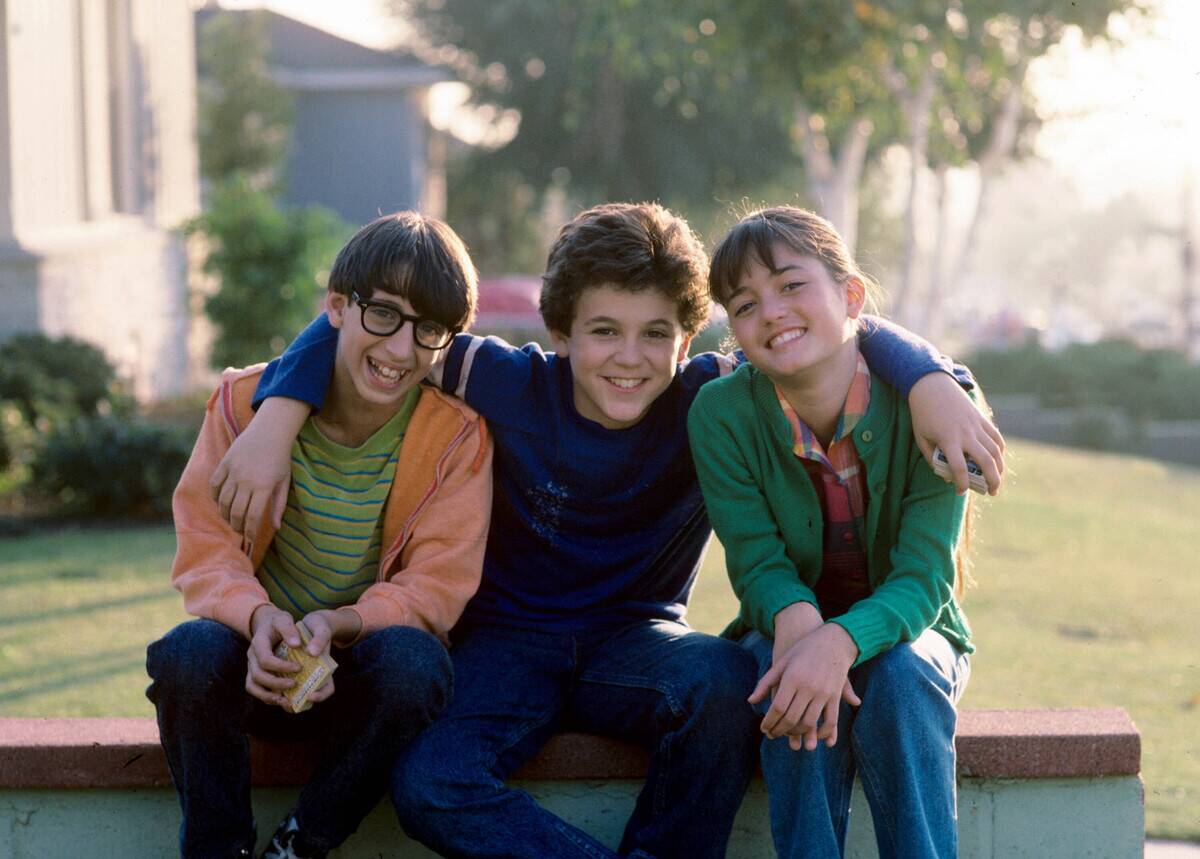
The term “butt-face” is most commonly used as an insult. It means a person who is annoying, contemptible, or unattractive. The word can be heard in many ’80s movies and TV shows such as The Wonder Years and The Breakfast Club.
Someone is feeling ______ when they say, “Gag me with a spoon.”
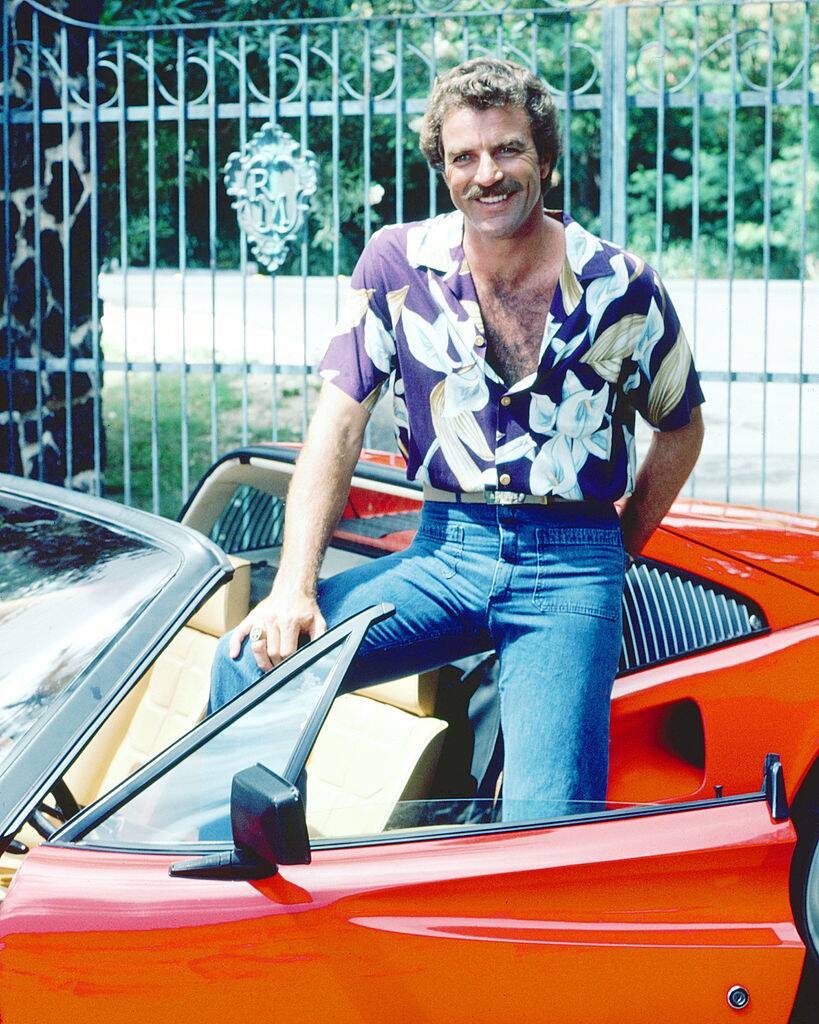
A. happy
B. angry
C. disgusted
D. tired
Answer: disgusted

If someone exclaims, “Gag me with a spoon,” it means that they are feeling disgusted. The “spoon” is interchangeable, and people would replace it with phrases such as “Gag me with a blow-dryer” or “Gag me with a phone book.”
Describe a “wastoid.”
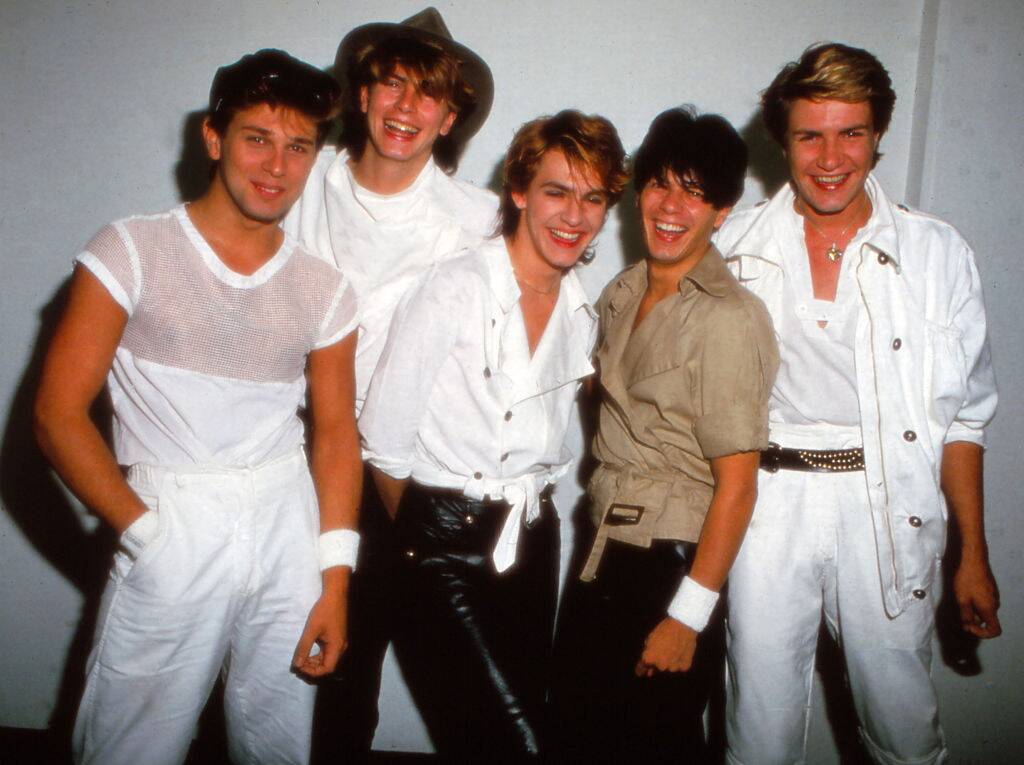
A. wasteful
B. someone who loves astronomy
C. careful or responsible
D. worthless or dim-witted
Answer: worthless or dim-witted

According to the New Partridge Dictionary of Slang and Unconventional English, a “wastoid” is someone who is worthless or dim-witted. The term was made up by John Hughes for The Breakfast Club when Andrew calls Bender a “wastoid.”
What does it mean to “take a chill pill”?
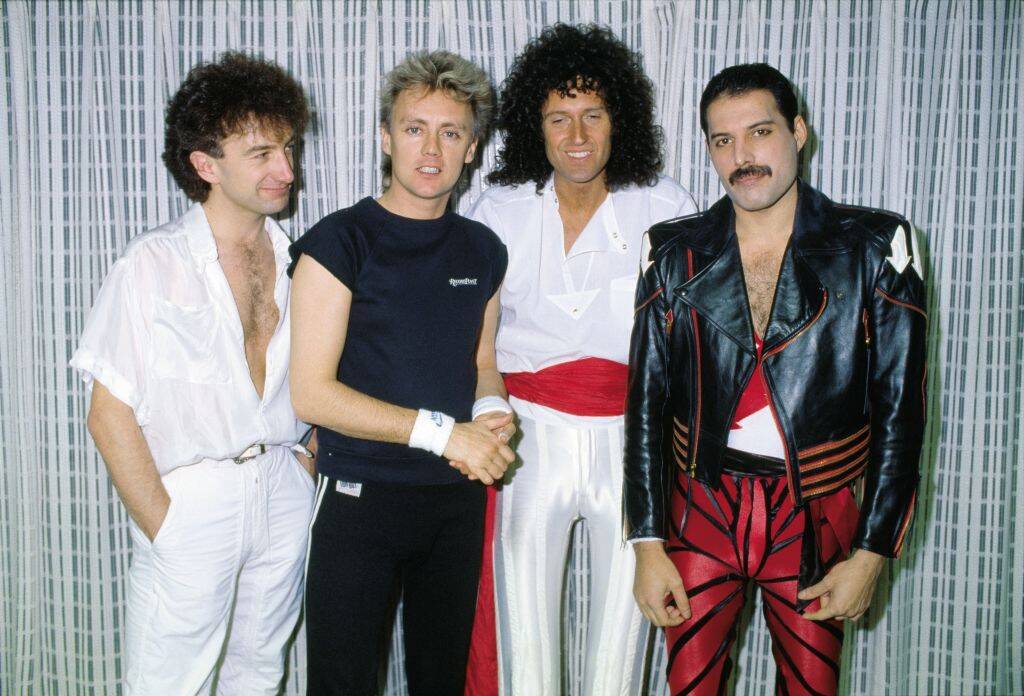
A. relax
B. consume medicine
C. go away
D. eat food
Answer: relax

If you’ve ever heard the phrase, “take a chill pill,” it means that someone needs to relax or calm down. The slang term originated on college campuses in the 1980s.
If something is “radical,” then what is it?
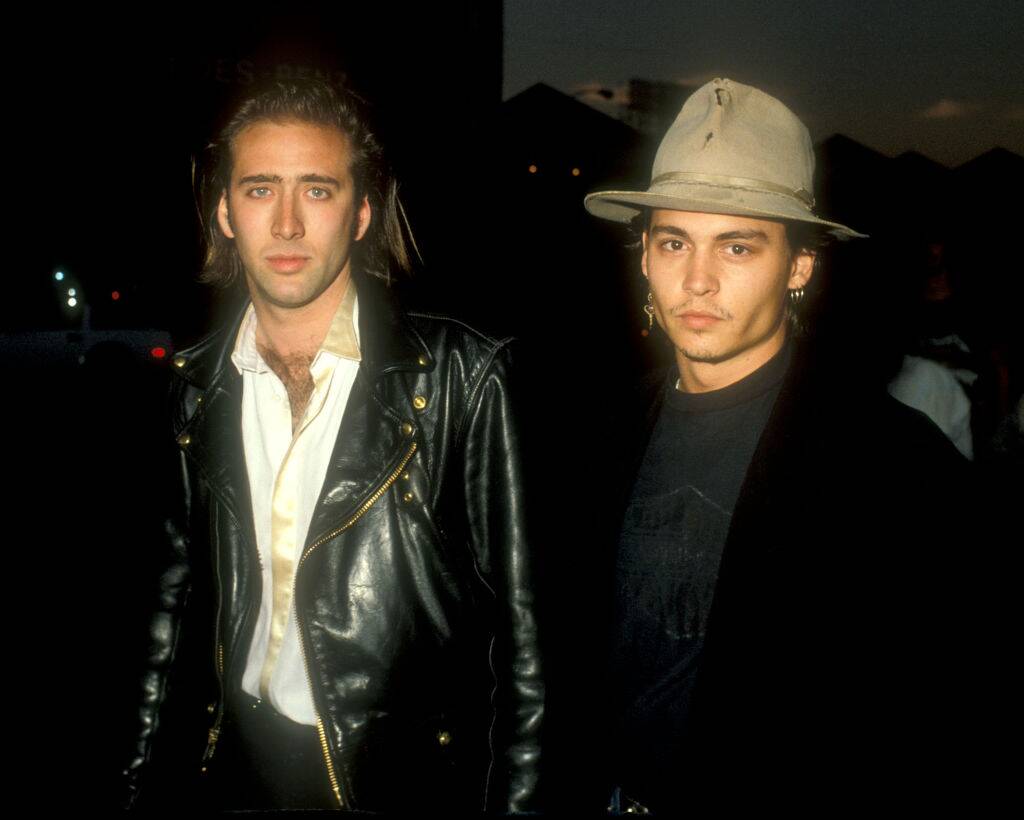
A. mundane or boring
B. extreme or outrageous
C. mellow or relaxing
D. cold or unwelcoming
Answer: extreme or outrageous

“Radical” originated in the 1960s as part of surfer slang. Then, it became a lot more well-known in the 1980s with the meaning of extreme, outrageous, or good. It even became the title of a 1986 BMX film starring Lori Loughlin and Talia Shire.
Finish the phrase. Eat my ________.
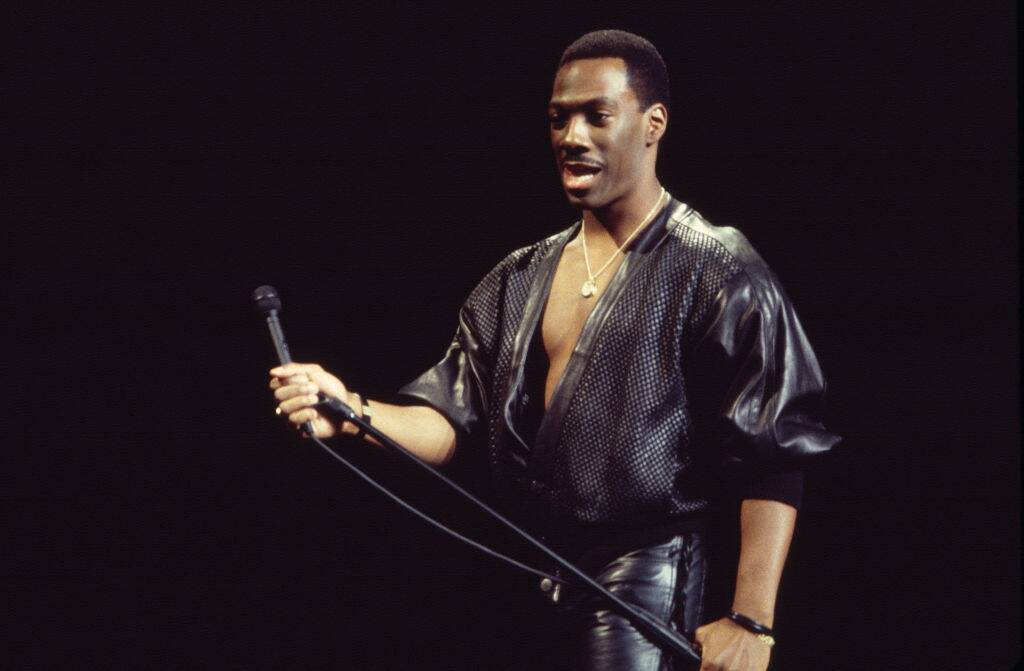
A. bread
B. socks
C. shorts
D. toast
Answer: shorts
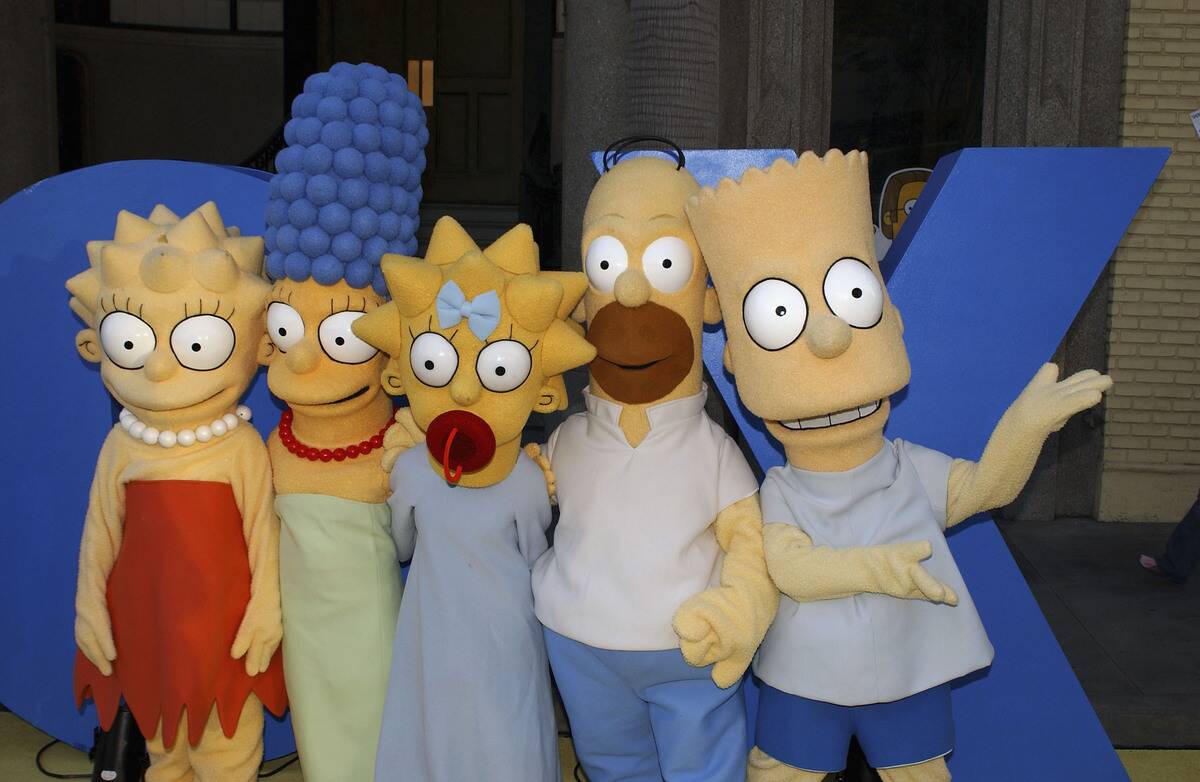
Deriving from a Harvard Crimson chant, “…Harvard men will eat Yale’s shorts,” the phrase “eat my shorts” is used as an insult. You might remember it being said by Judd Nelson in The Breakfast Club or Bart Simpson in The Simpsons.
Guess the meaning of “tubular.”
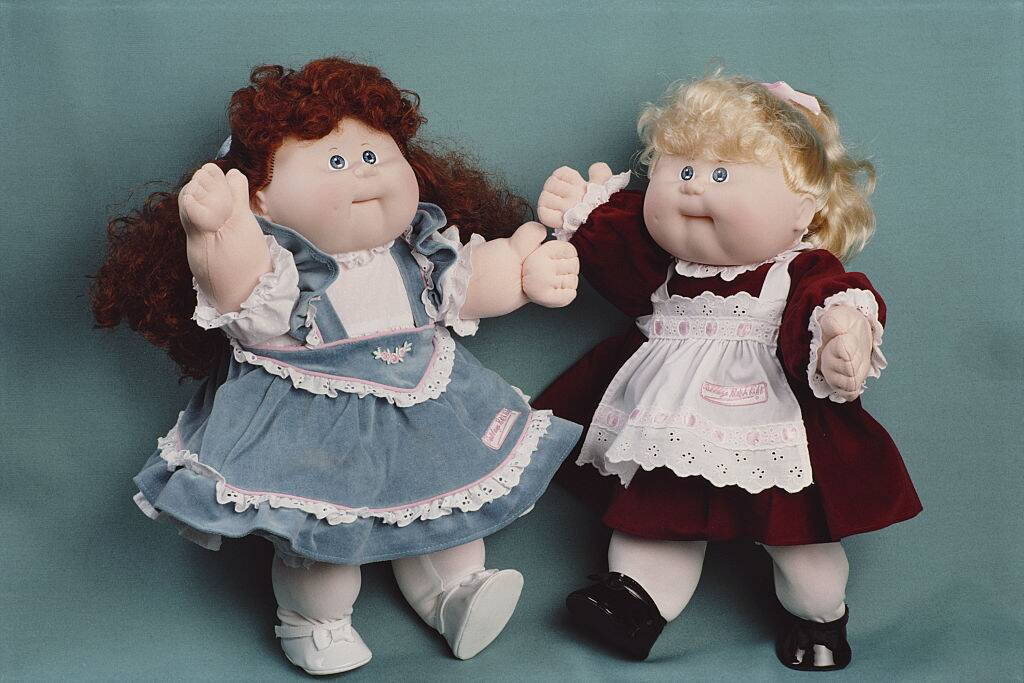
A. short
B. hollow
C. new
D. perfect
Answer: perfect
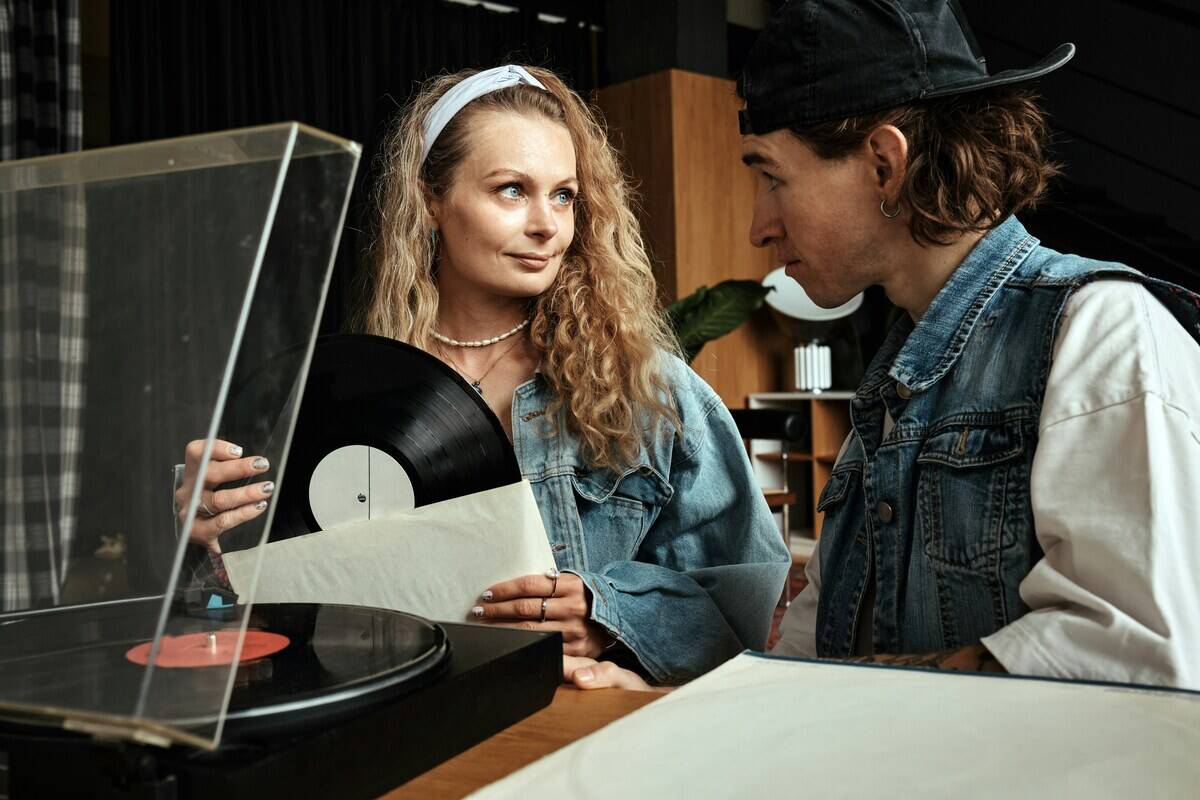
The word “tubular” has been around since the 1680s and means having the form of a tube or pipe. Surfers changed the definition around the 1980s to mean the ultimate in perfection.
What is a “foodie”?
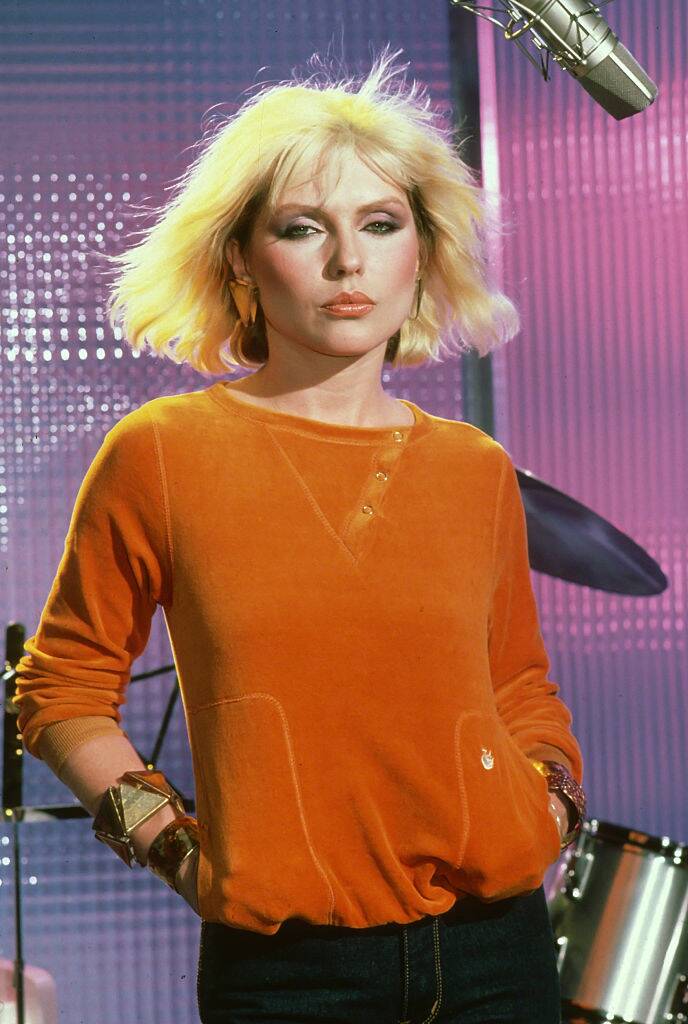
A. someone who knows a lot about food
B. someone who owns a restaurant
C. a chef
D. someone who tries a new food for the first time
Answer: someone who knows a lot about food

“Foodie” is still part of today’s vocabulary, but it’s a slang term that actually originated in the 1980s. It refers to someone who has a great knowledge of food and food culture.
Why would someone say, “Duh!”?
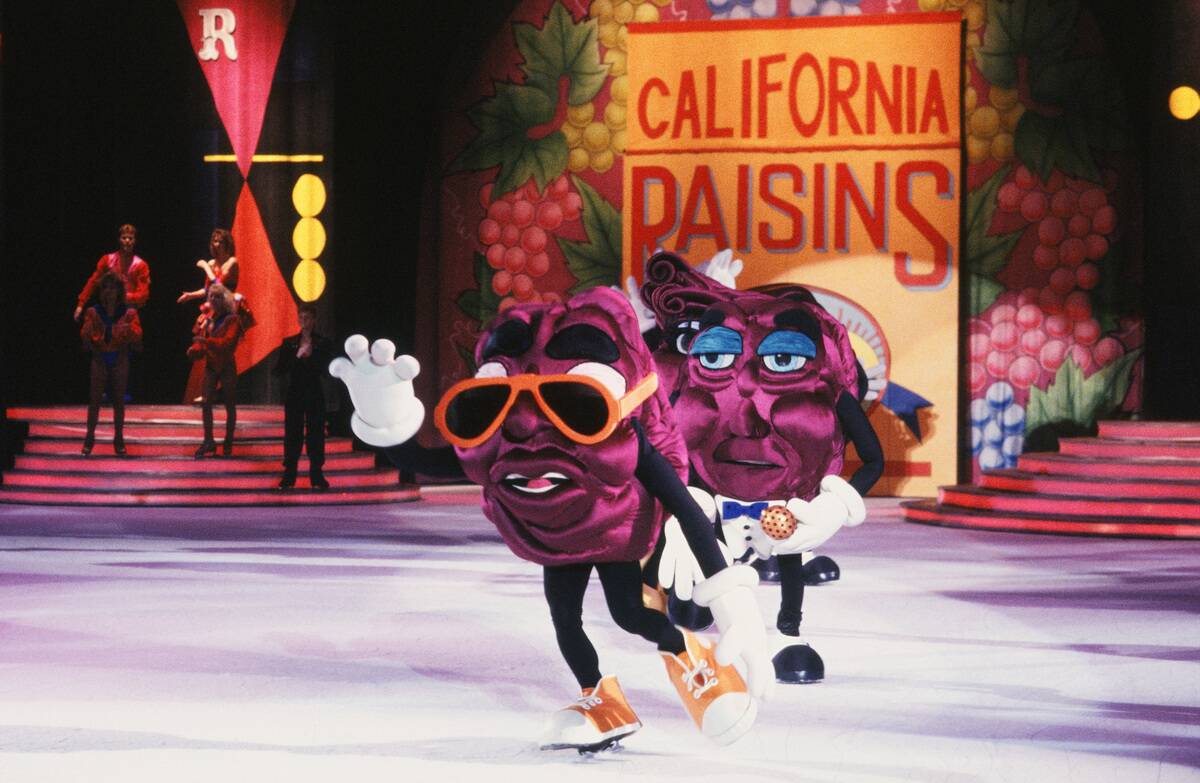
A. to argue
B. to explain something to someone who doesn’t understand
C. to beg for something
D. to cheat
Answer: to explain something to someone who doesn’t understand

According to Green’s Dictionary of Slang, the phrase “duh!” is used as “a grunt of incomprehension; often used as a rejoinder, implying that the first speaker is stupid.” The speaker would think that what they are saying is obvious and add “duh!” at the end.
Which of these terms does not refer to someone with a lot of money?
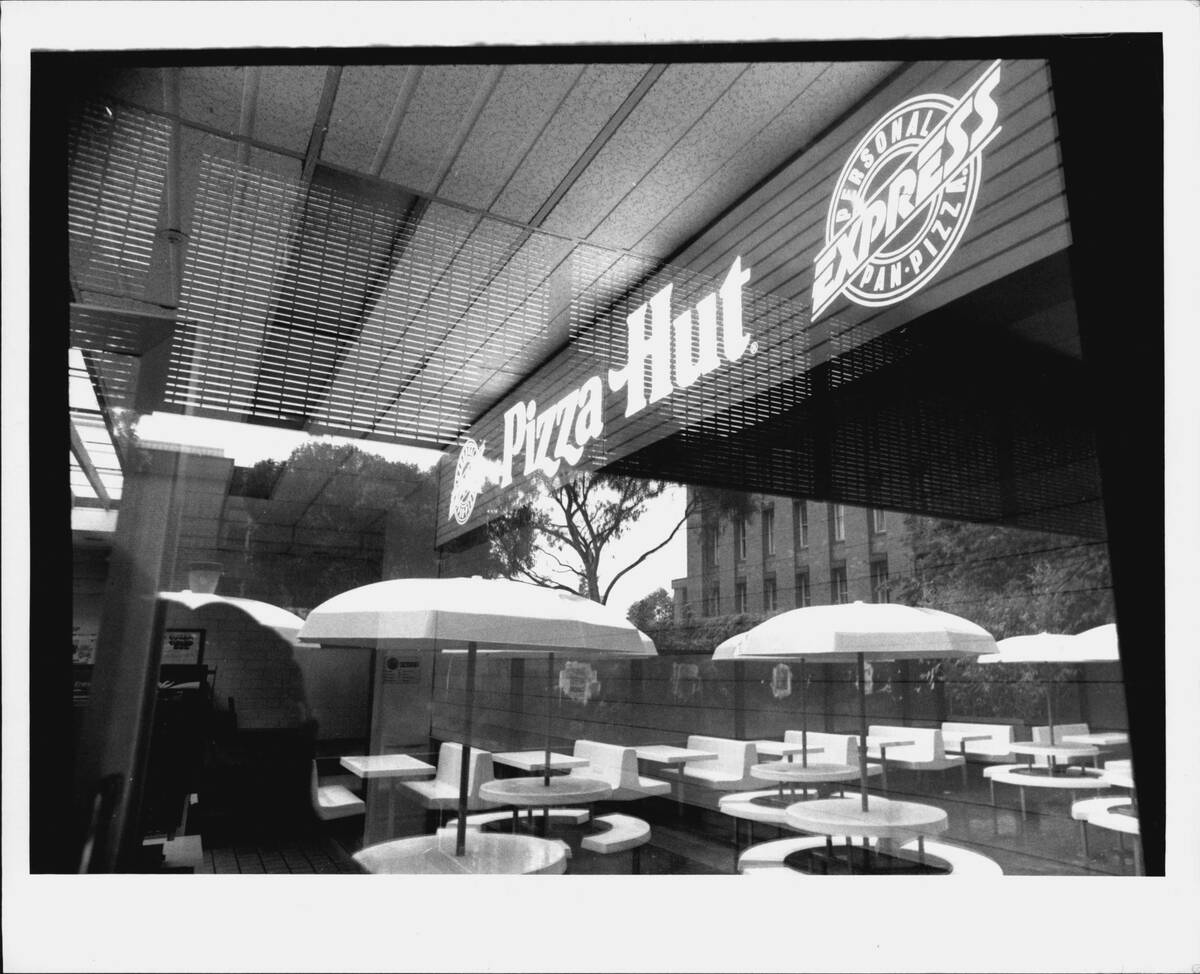
A. gazillionaire
B. bazillionaire
C. money lord
D. buttload
Answer: money lord
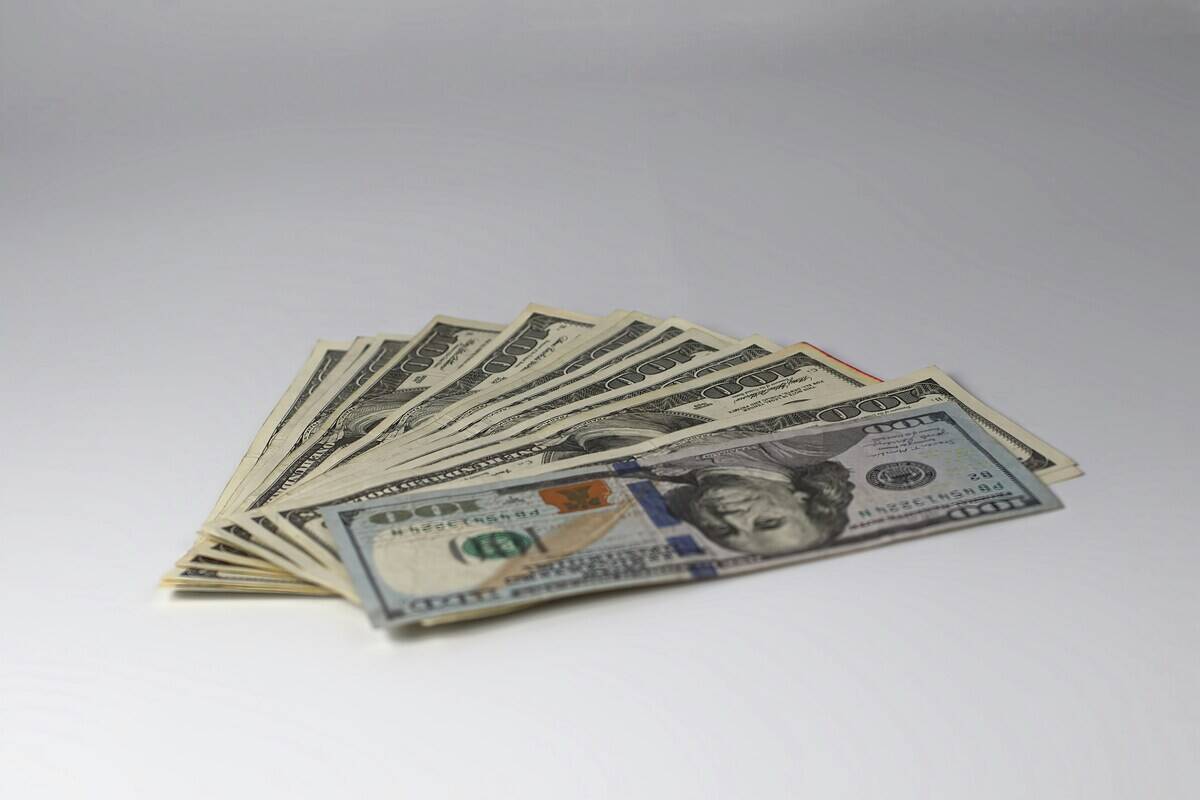
The 1980s was a time when the middle class was doing very well financially. This led to terms such as “gazillionaire,” “bazillionaire,” and “buttload” to describe people with a lot of wealth.
What of these can’t be used to replace the word “gnarly”?
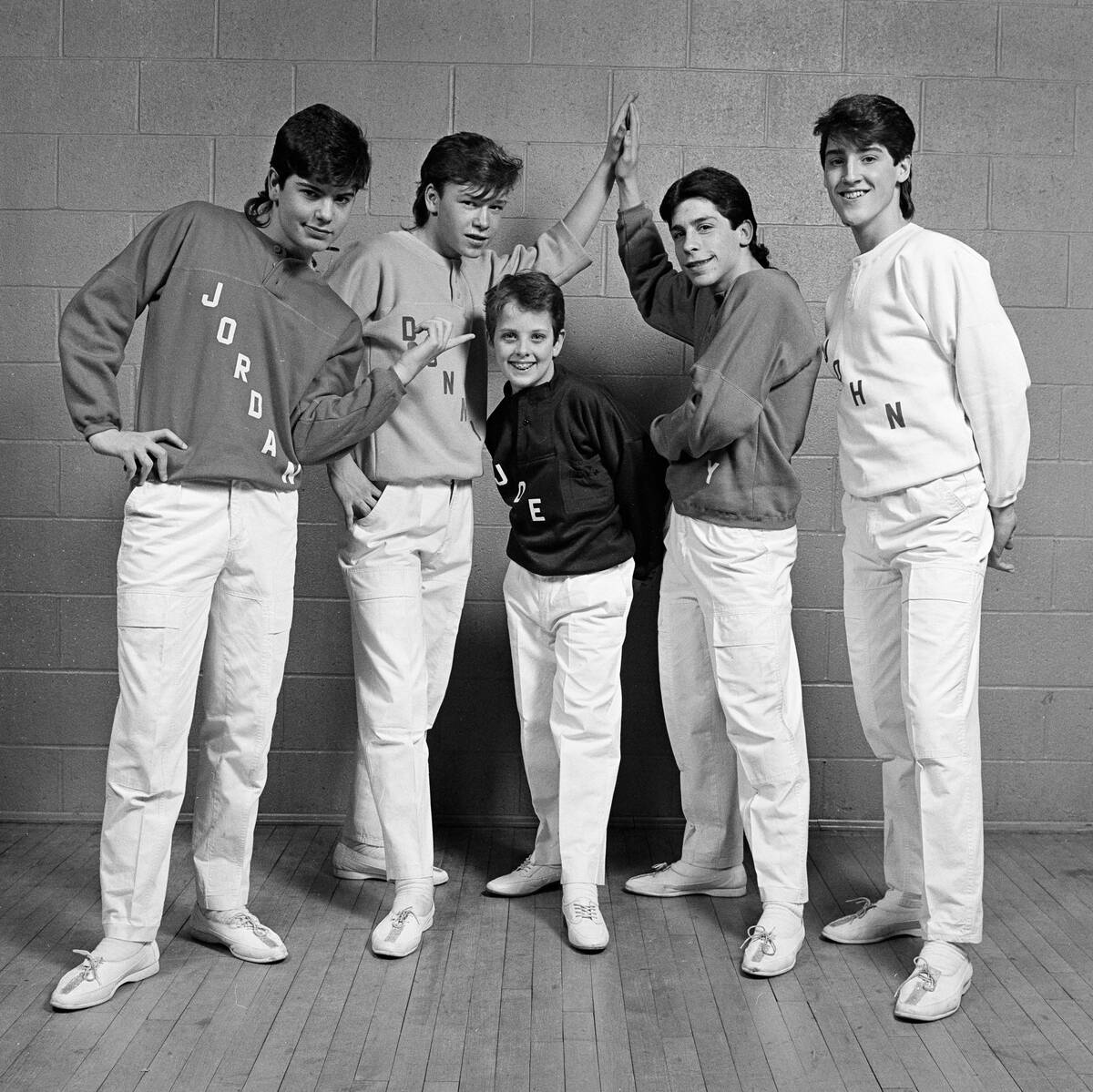
A. bizarre
B. wonderful
C. frightening
D. stinky
Answer: stinky
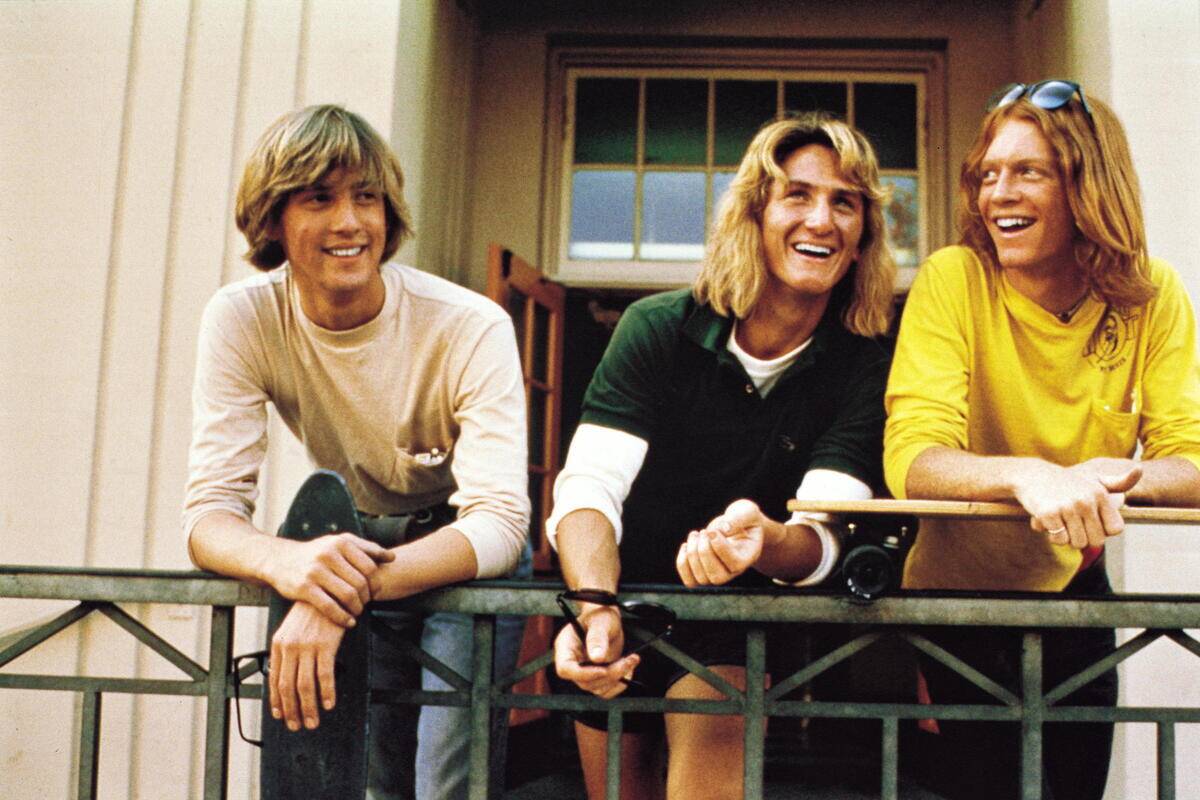
“Gnarly” was first said in the 1970s by surfers but didn’t become popular until the 1980s when it was said in Fast Times at Ridgemont High. It has many synonyms, including bizarre, frightening, amazing, wonderful, first-rate, dangerous, or challenging.
Describe “buff.”
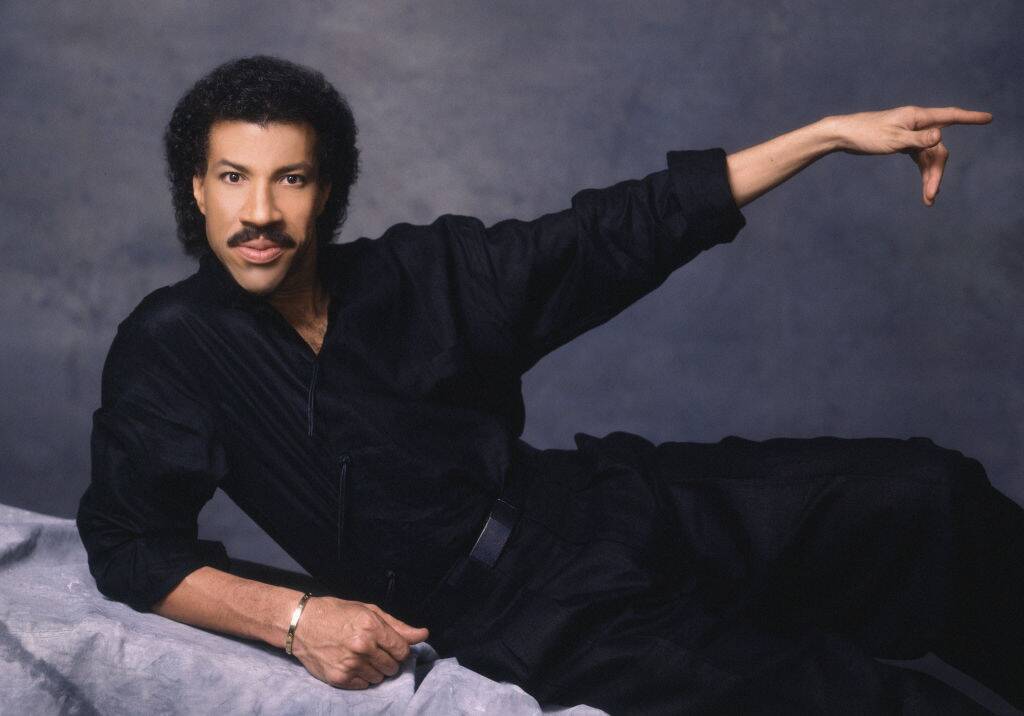
A. muscular
B. shiny
C. tough
D. clean
Answer: muscular
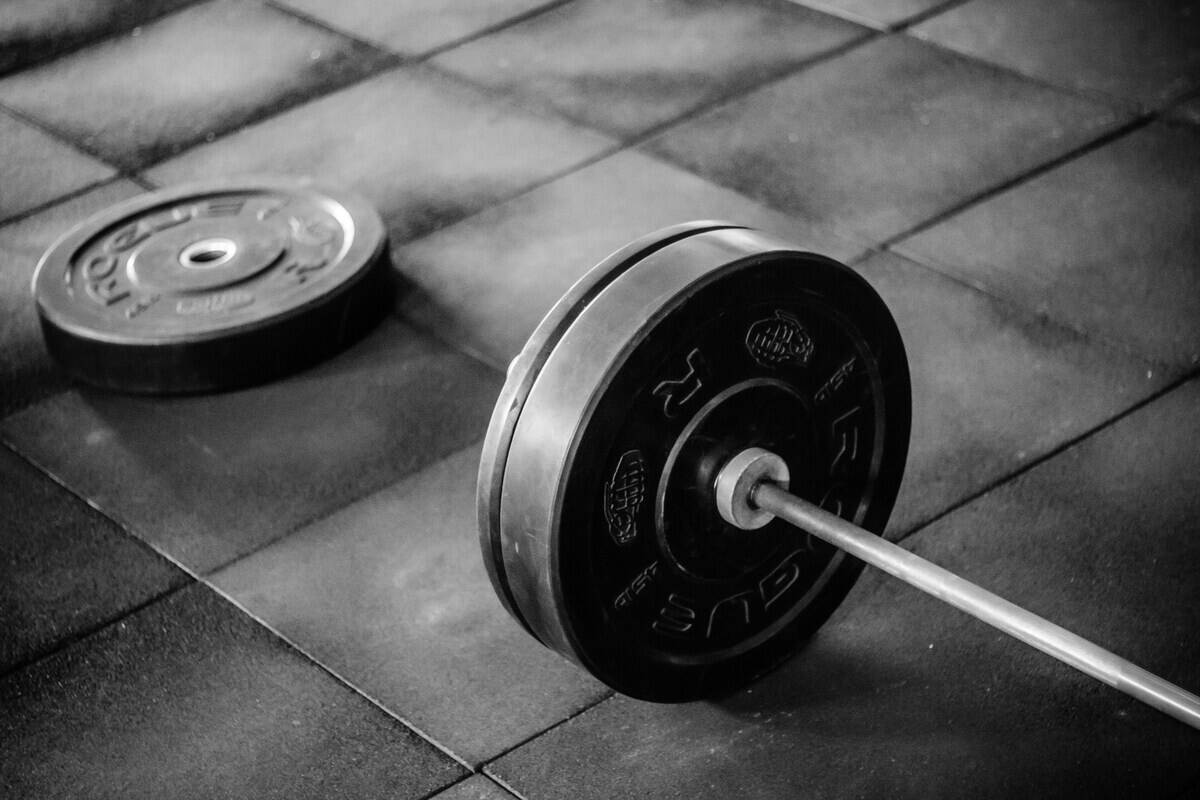
When someone is called “buff,” it means that they have a muscular body. One of its most famous uses was for the 1982 film Valley Girls’ Guide to Life: “Well, dudes have got to be totally buff, first off, before you even talk to them.”
What does “hella” mean?
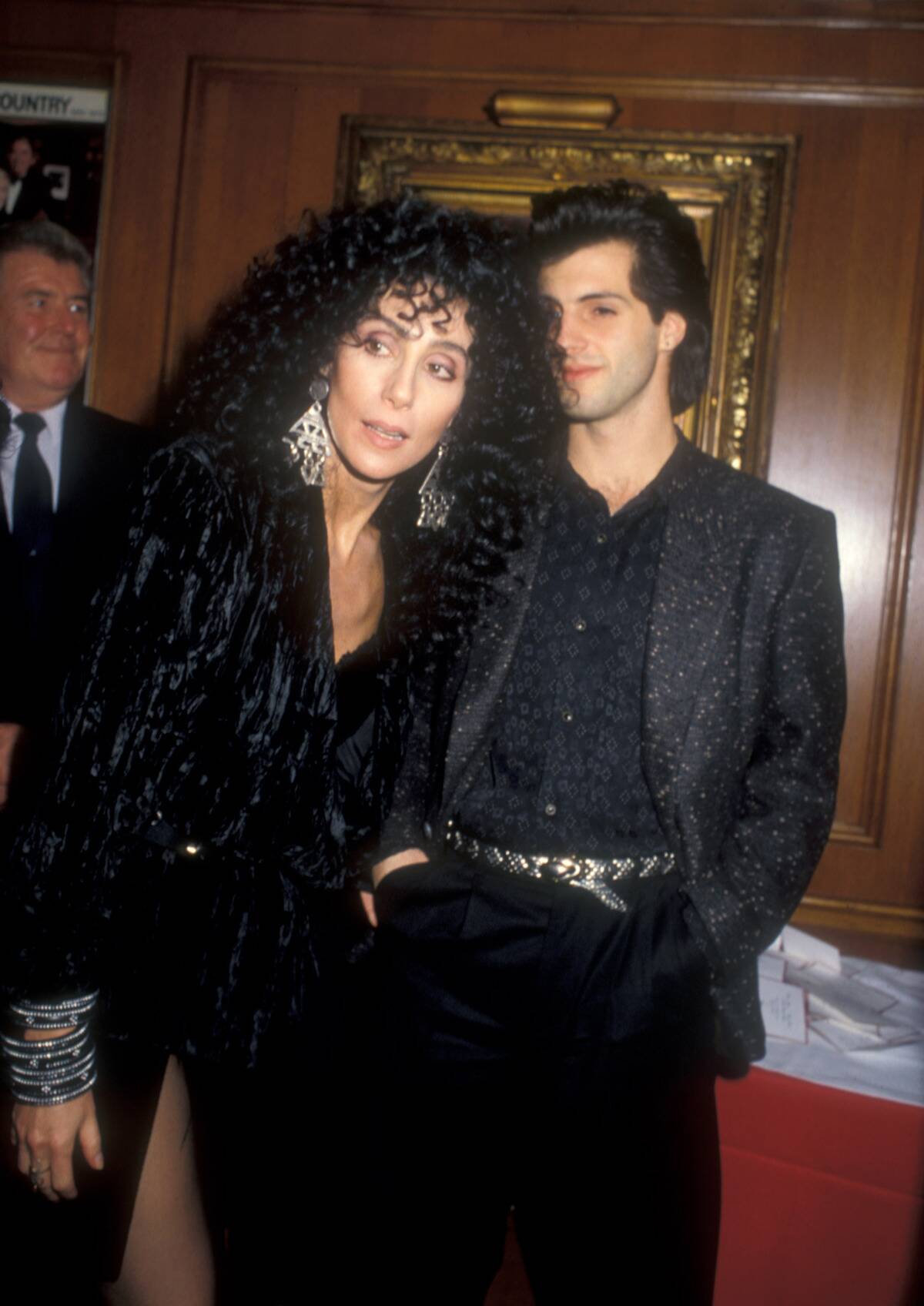
A. sickly
B. a lot of
C. too hot
D. dangerous
Answer: a lot of

“Hella” is actually an abbreviation of the term “helluva.” These words can either mean a lot of, very, extremely or really. For example, someone might say, “This cereal has hella marshmallows inside.”
Instead of saying “big deal,” people in the ’80s said this.
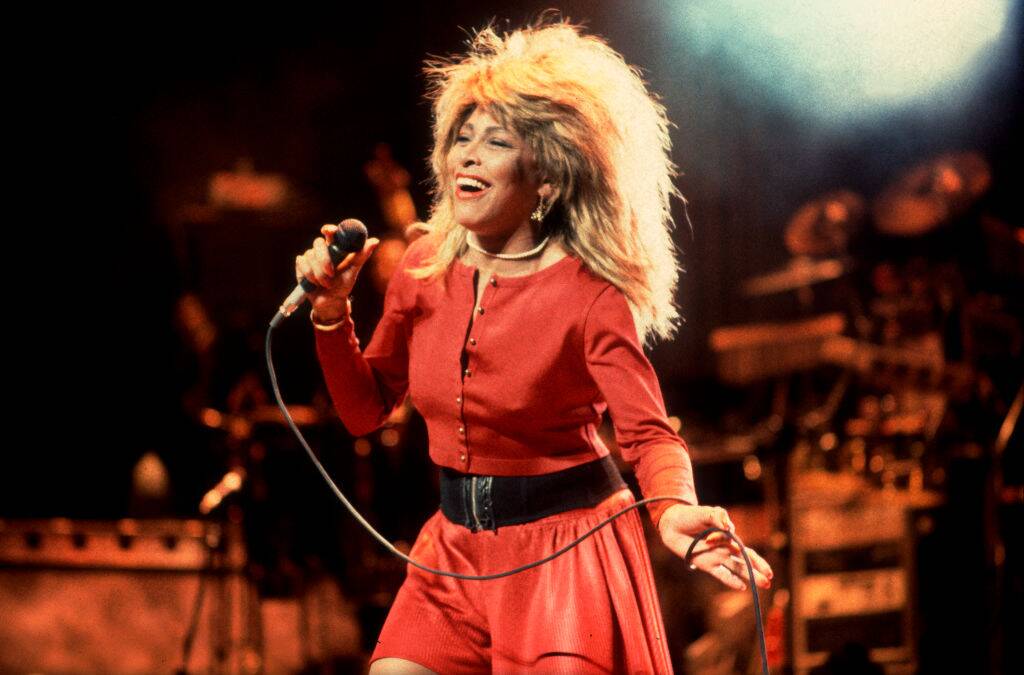
A. big cheese
B. big bird
C. big whoop
D. big loss
Answer: big whoop

When someone was expressing their dismissiveness in the early 20th century, they would often utter “big deal.” That phrase was replaced with “big whoop” in the 1980s, which was used to attract attention, as a summons, or to express “derision, defiance, support, or encouragement.”
Try to guess what “bodacious” means.

A. smart
B. clever
C. sneaky
D. excellent
Answer: excellent
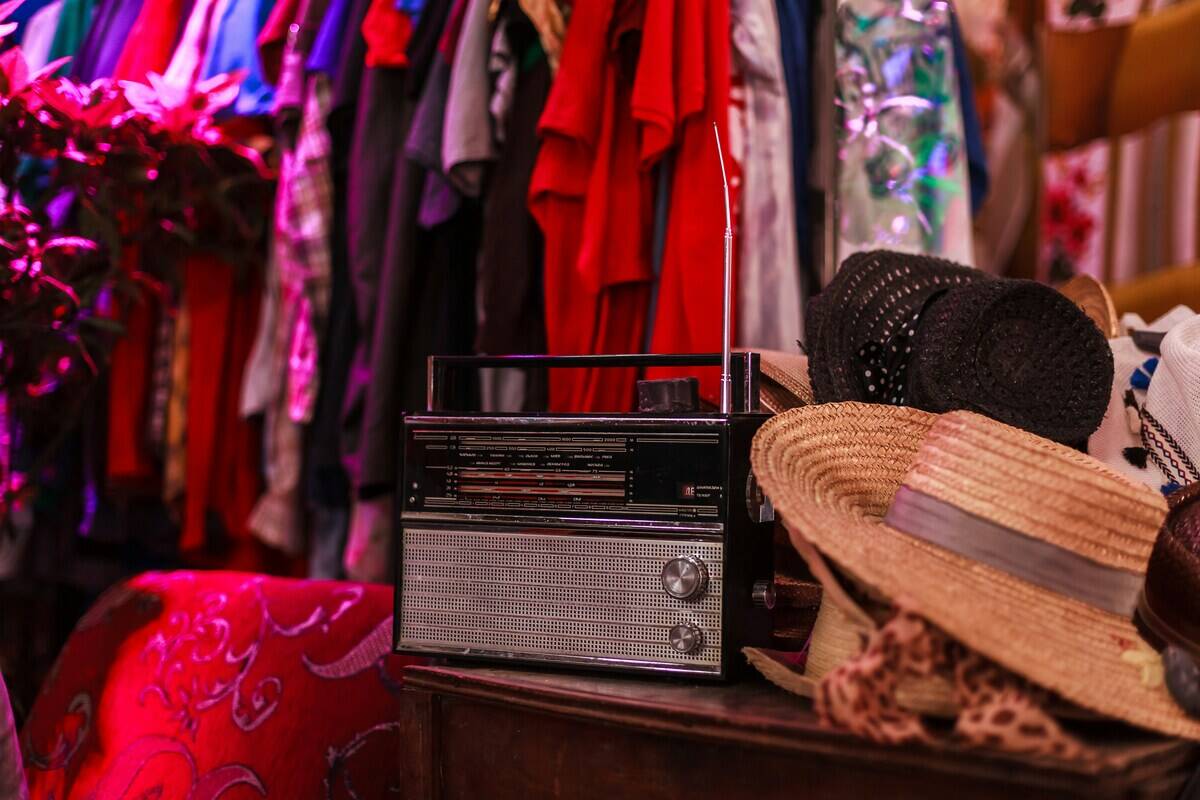
“Bodacious” originated in the 19th century as a combination of bold and audacious but started becoming more mainstream in the ’70s and ’80s. It often means when something or someone is excellent, wonderful, or very enjoyable.
Which of these slang terms could mean: “I think you’re wrong, but I’m too lazy to get into a whole thing where I list the reasons why.”
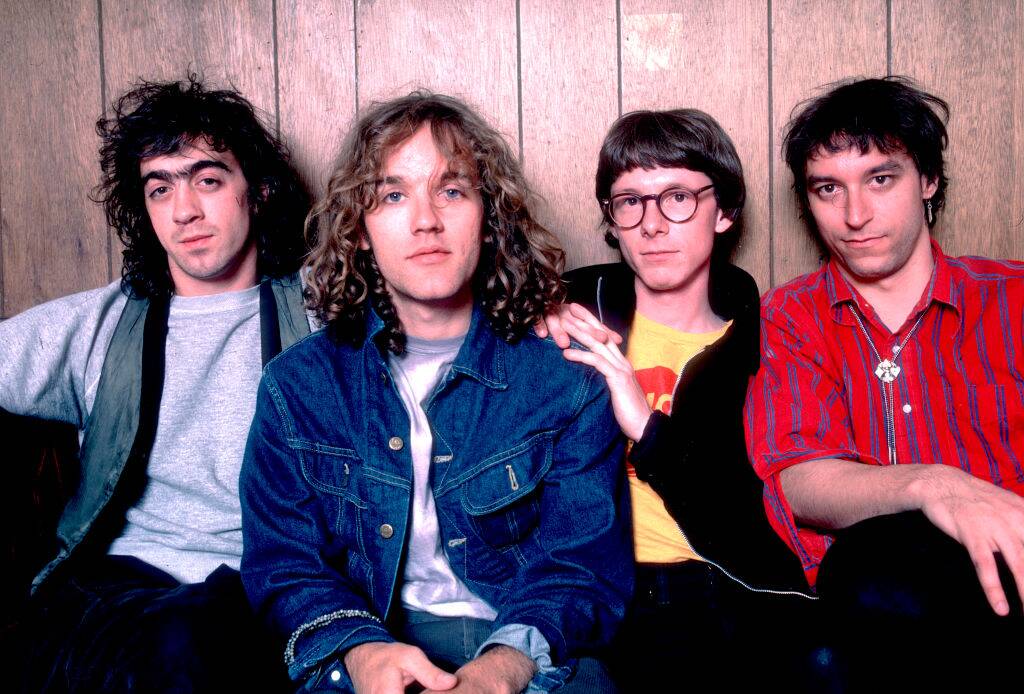
A. Not even
B. Dude no way
C. That’s nasty
D. Put a fork in it
Answer: Not even

“Not even” is a much quicker way of saying: “I think you’re wrong, but I’m too lazy to get into a whole thing where I list the reasons why.” Then, someone might retort with “even.”
What is “having a cow”?

A. being pregnant
B. overly emotional
C. elated
D. highly annoyed
Answer: overly emotional
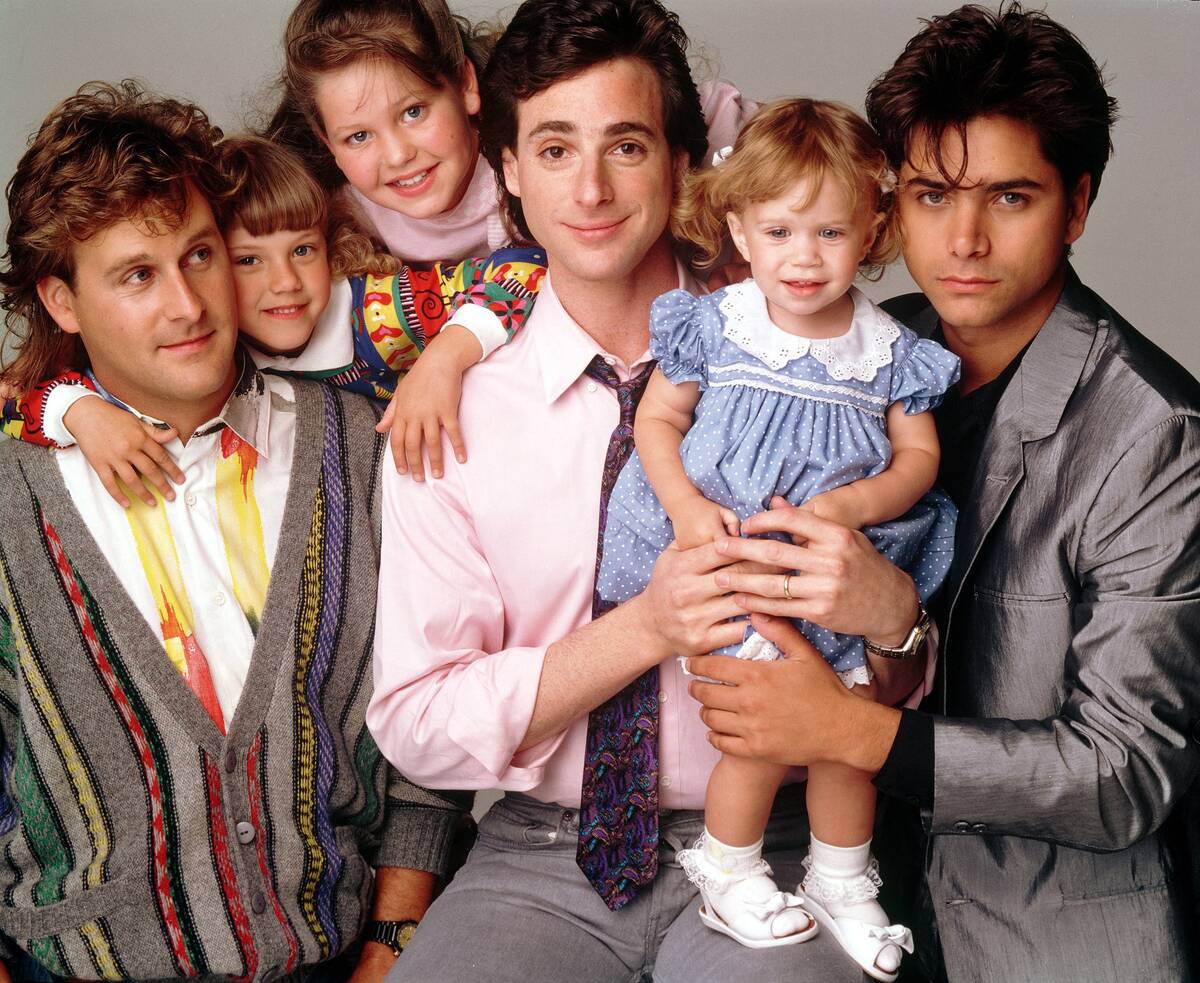
If you’re “having a cow” or if someone has told you not to “have a cow,” it means that you are overly emotional or upset. Michelle Tanner on Full House would often say this phrase.
Guess the meaning of “grindage.”

A. working hard
B. mixing food together
C. delicious food that you intend to eat
D. a skateboarding trick
Answer: delicious food that you intend to eat
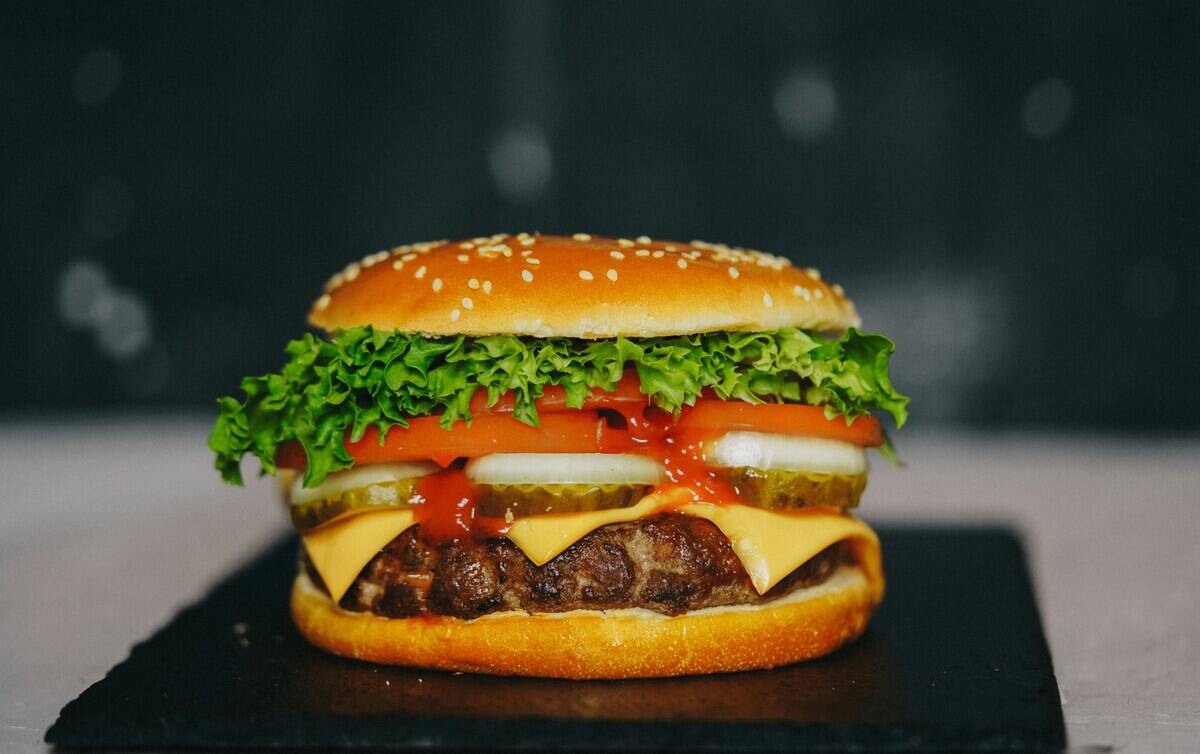
The word “grindage” describes delicious food that you intend to eat with a lot of enthusiasm. The phrase became mainstream after it was said by Pauly Shore. For example, a phrase could be, “Can I help you put that grindage into the refrigerator?”
What is “cheeuh!” used to say?
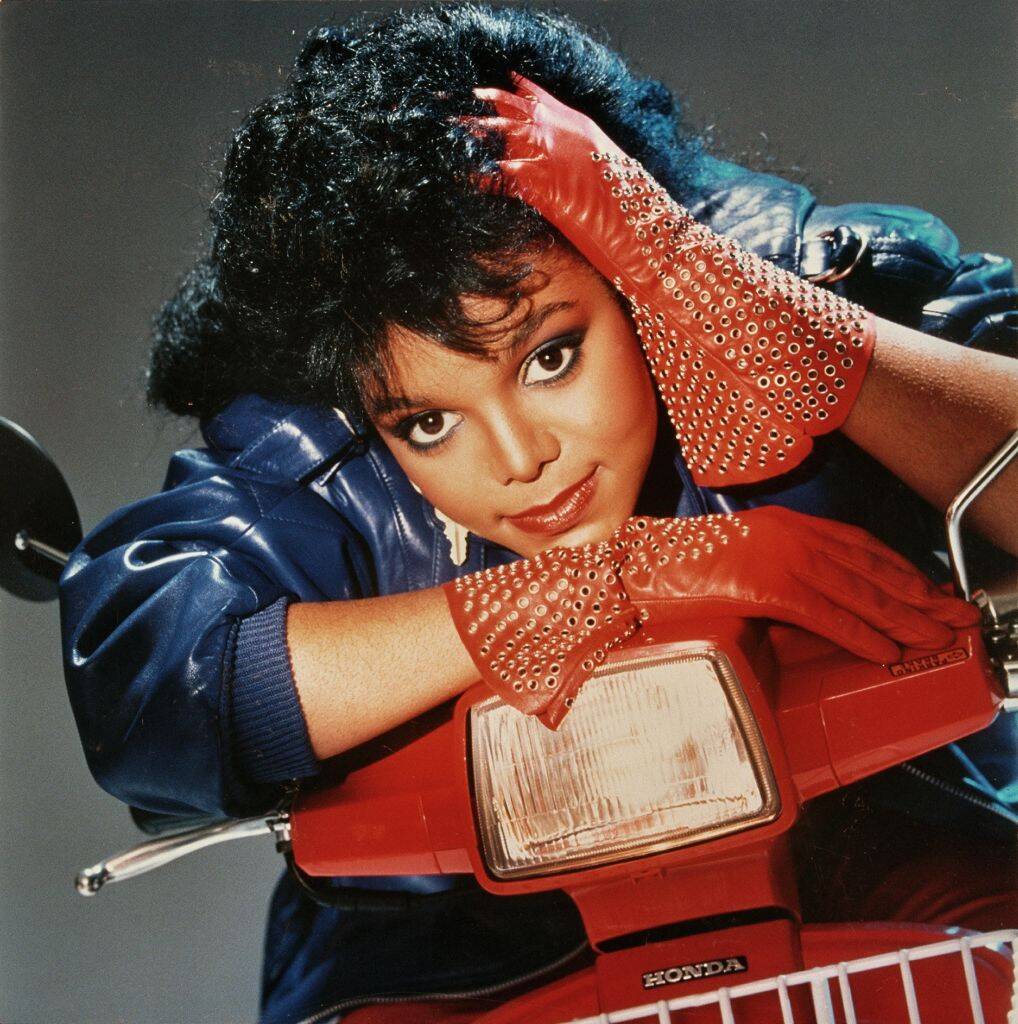
A. something is false
B. something is weird
C. something is terrible
D. something is true
Answer: something is true

While “cheeuh!” is more of a sound than a word, it is used as an exclamation to point out when something is true. It’s usually said as an excited response.
What is a “zeek”?
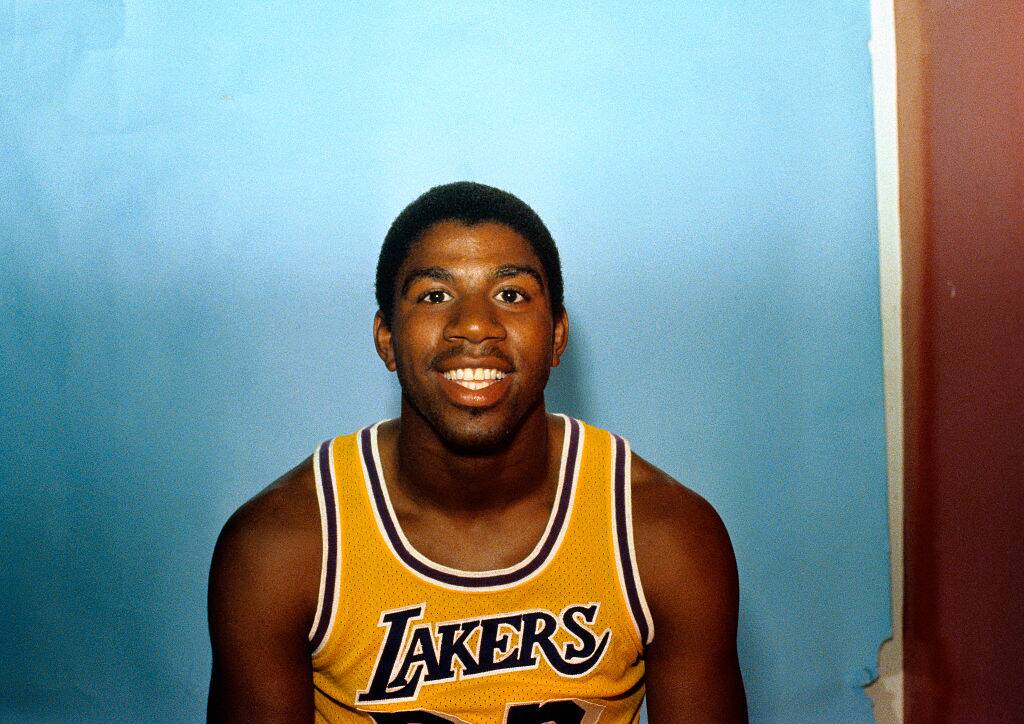
A. an attractive geek
B. a funny-looking animal
C. a dance move
D. someone who’s athletic
Answer: an attractive geek
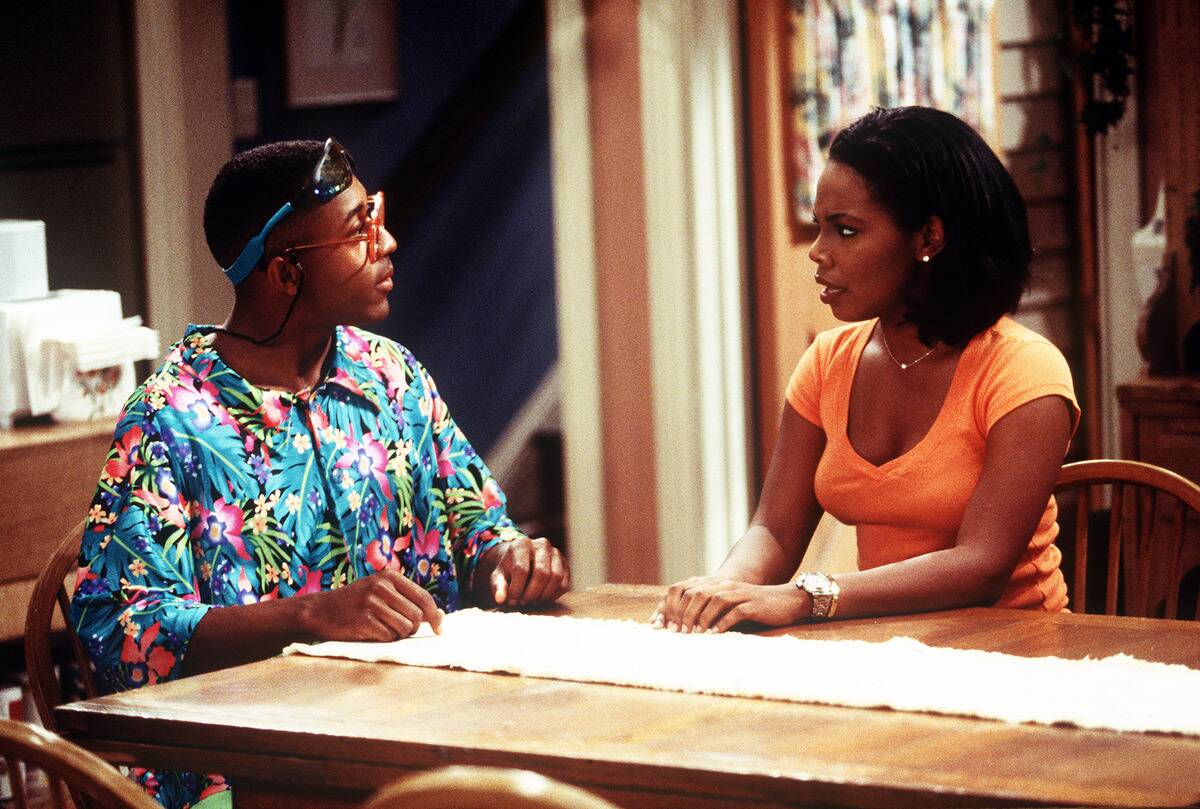
A “zeek” is when a geek is pretty good-looking. For example, someone might say: “When I was watching Family Matters, I thought that Steve Urkel could be a total zeek.”
Define “bounce.”
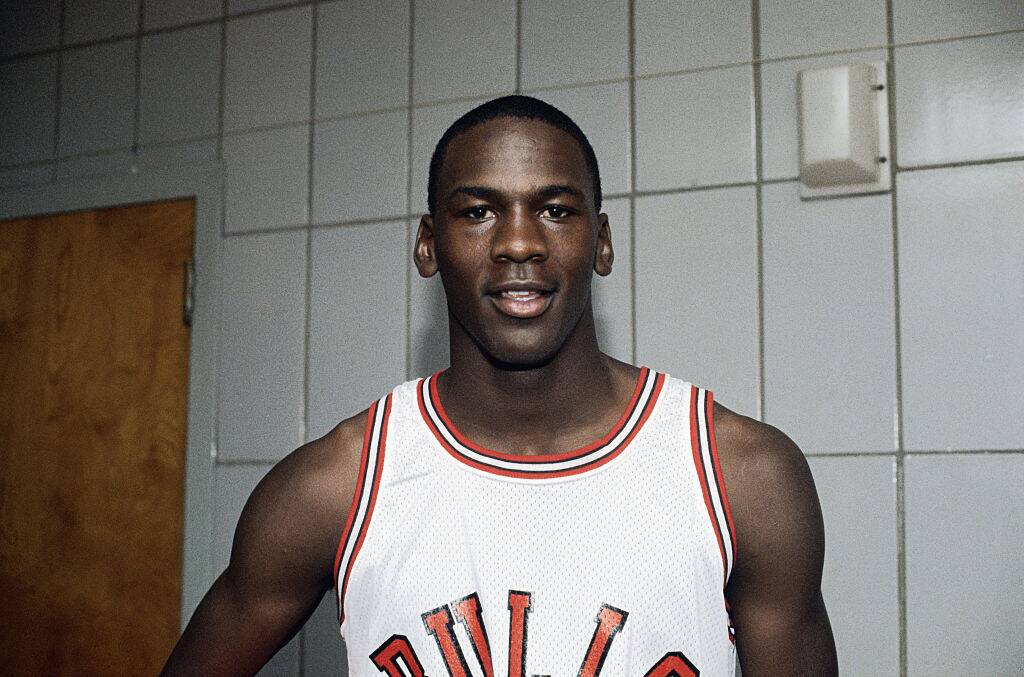
A. jump up and down
B. when someone has to leave
C. a boss
D. when something isn’t working
Answer: when someone has to leave
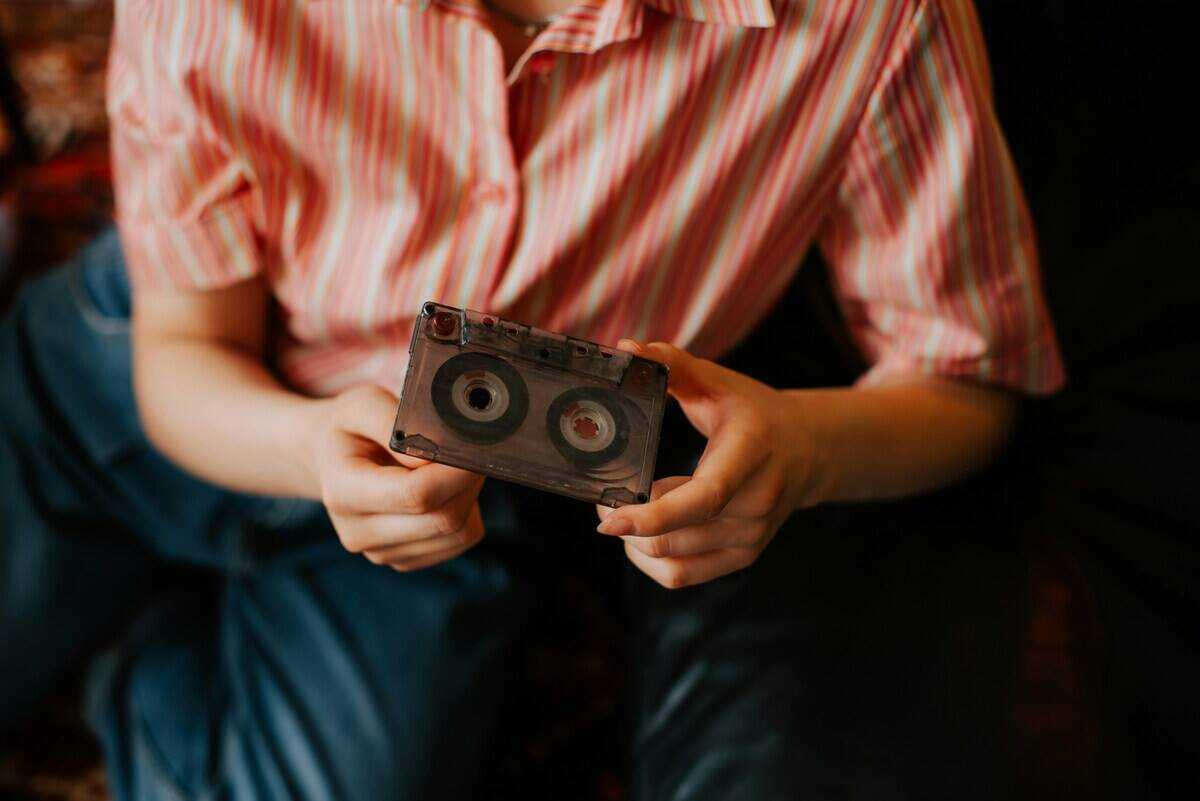
If someone says that they have to “bounce,” it means that they have reached the end of their time being somewhere and they are ready to leave. For example, if someone wanted to leave a party, they may tell their friends, “Let’s bounce.”
Guess the definition of “word.”

A. Be quiet
B. Don’t move
C. I agree
D. I’m coming with you
Answer: I agree

“Word” is often said as a response when someone agrees with the previous statement. It can also be used as a question when someone is expressing doubt or disbelief in what the other is saying.
What does “choice” mean?
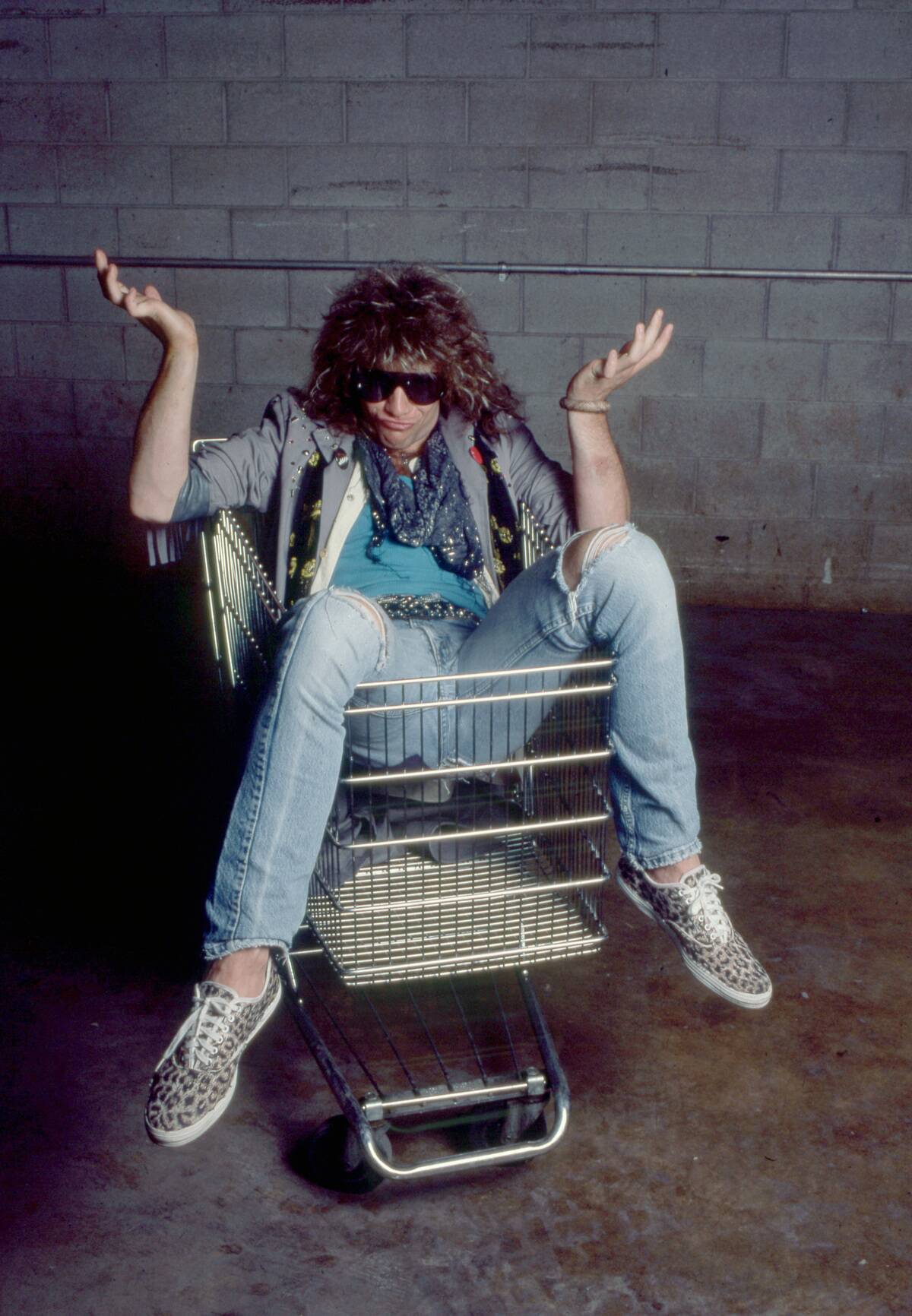
A. a decision between two or more things
B. a sign of approval
C. replying with glee or laughter
D. fancy or luxurious
Answer: a sign of approval
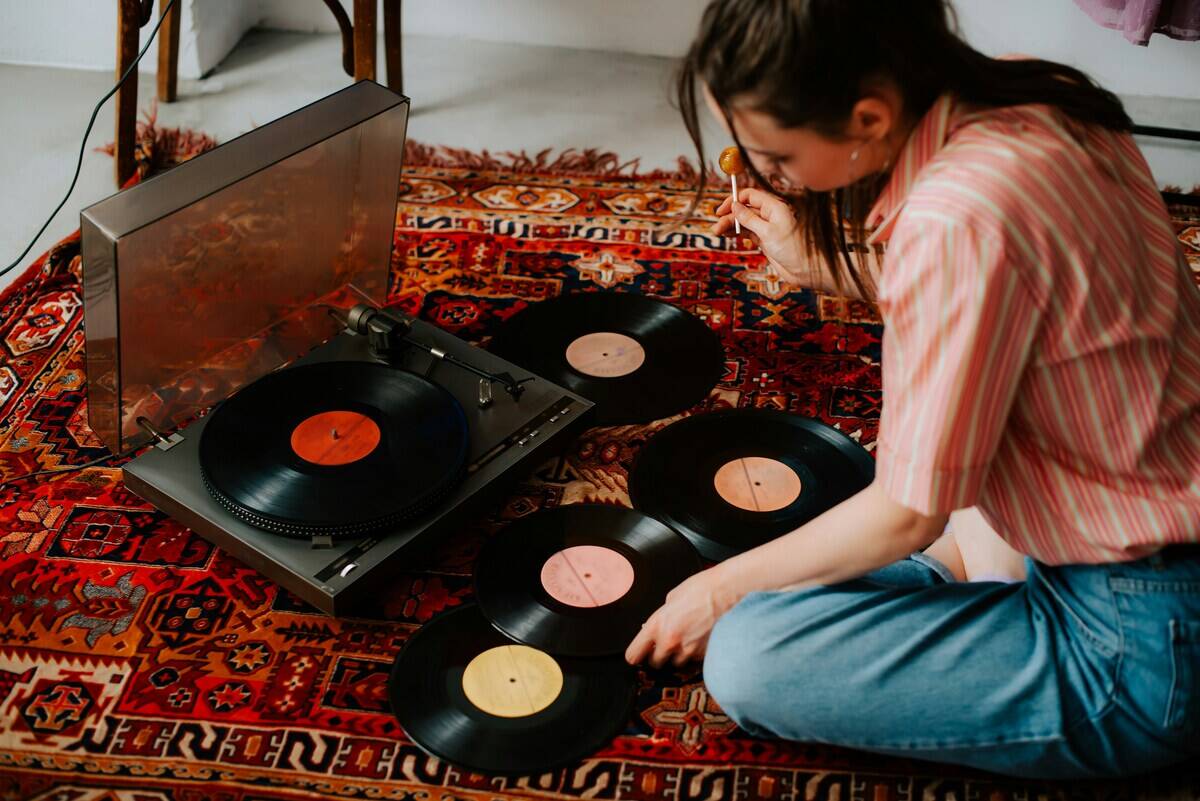
“Choice” is an 80’s slang term used as a sign of approval and possibly even envy. For example, if someone likes your hairstyle or your new car, they may call it “choice.”
Do you know the term “phat”?
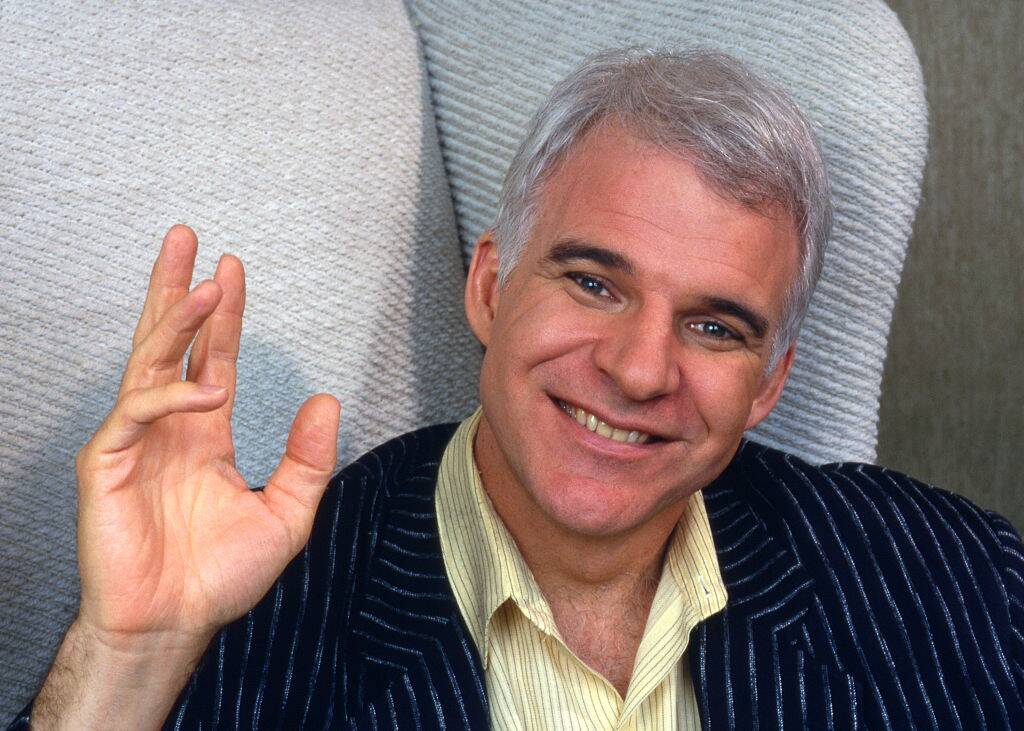
A. overweight
B. fake
C. exceptional
D. loose
Answer: exceptional
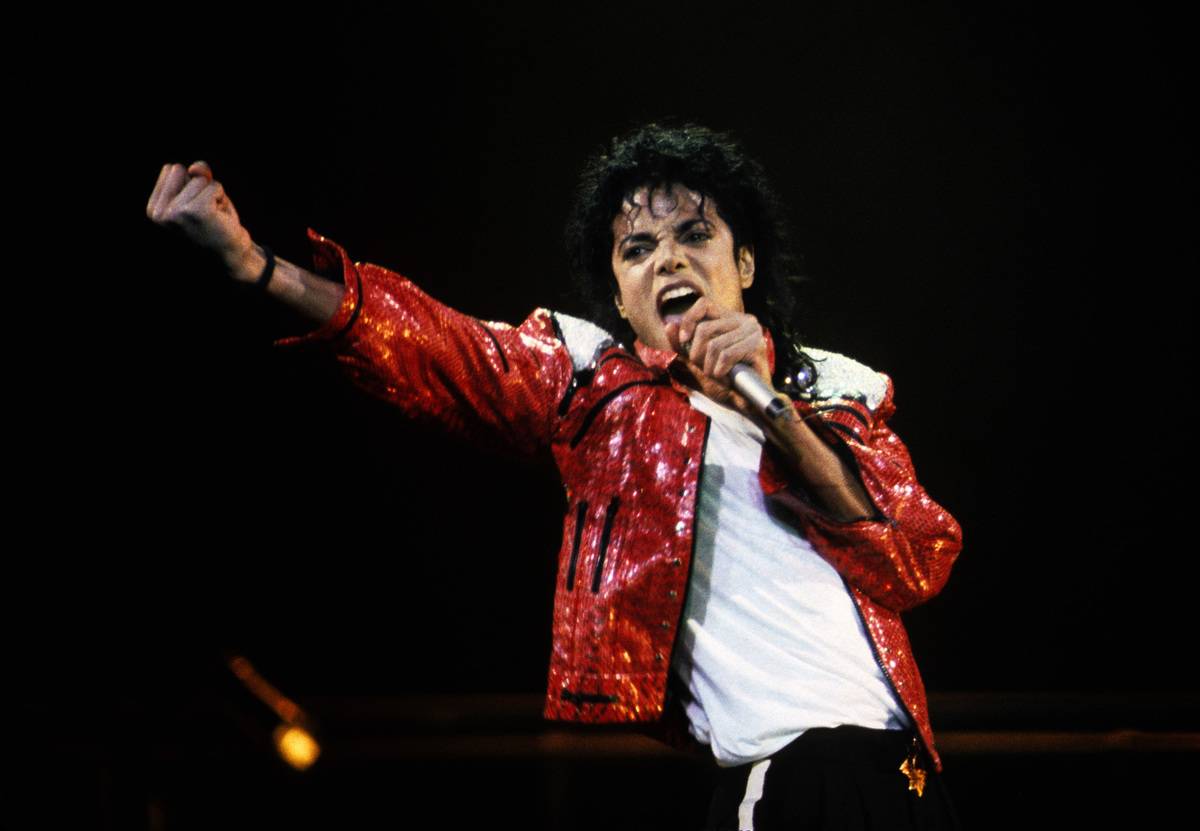
“Phat” does not mean that someone is overweight. The “ph” at the front gives it a whole new meaning. The slang term describes someone or something that is exceptional, so being called “phat” is a compliment.
This cruel phrase means to hide your face.

A. cover your trap
B. lock your face
C. close your face
D. bag your face
Answer: bag your face
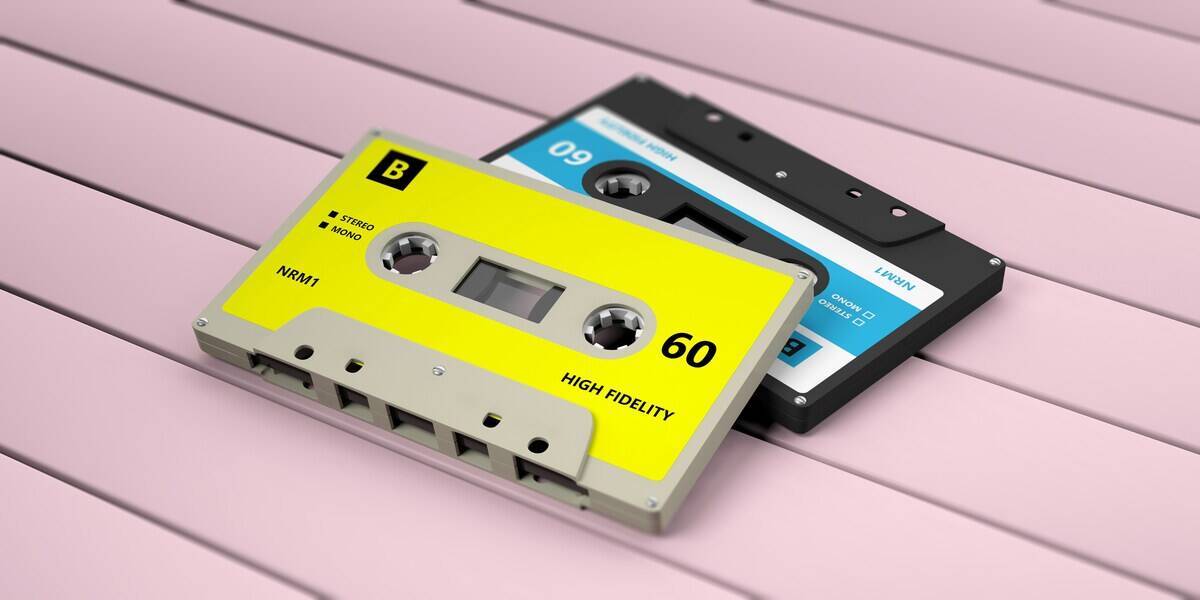
People can be cruel, and one of the meanest insults in the 1980s was “bag your face.” This often meant that someone either had something unpleasant on their face or people were perceiving them as unattractive.
What does “barf me out” mean?
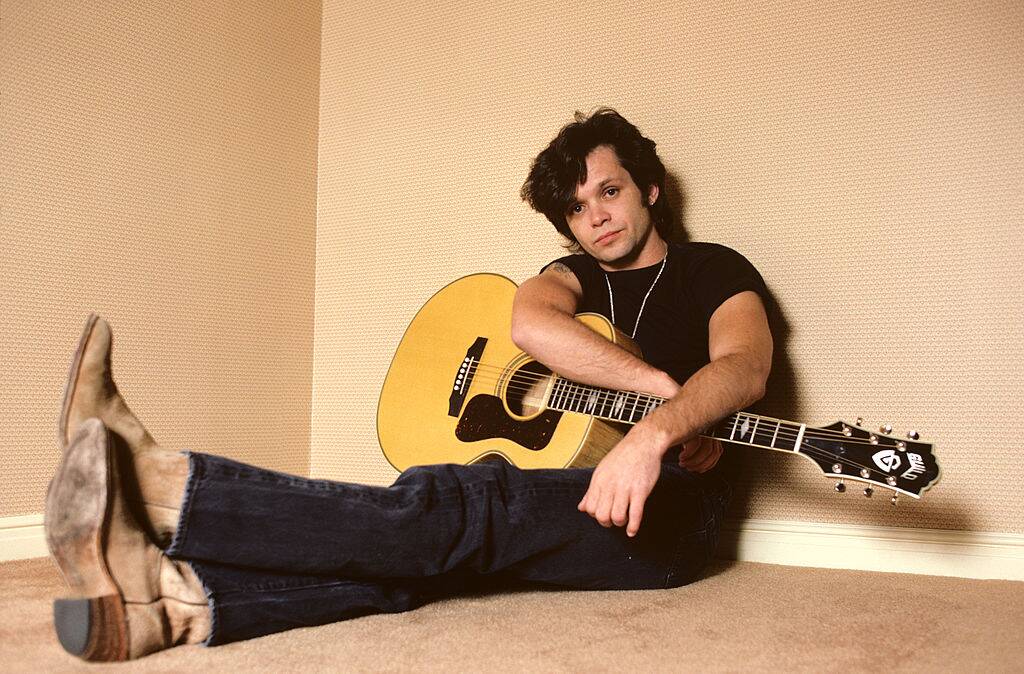
A. grossed out
B. help me out
C. I give up
D. thankful
Answer: grossed out
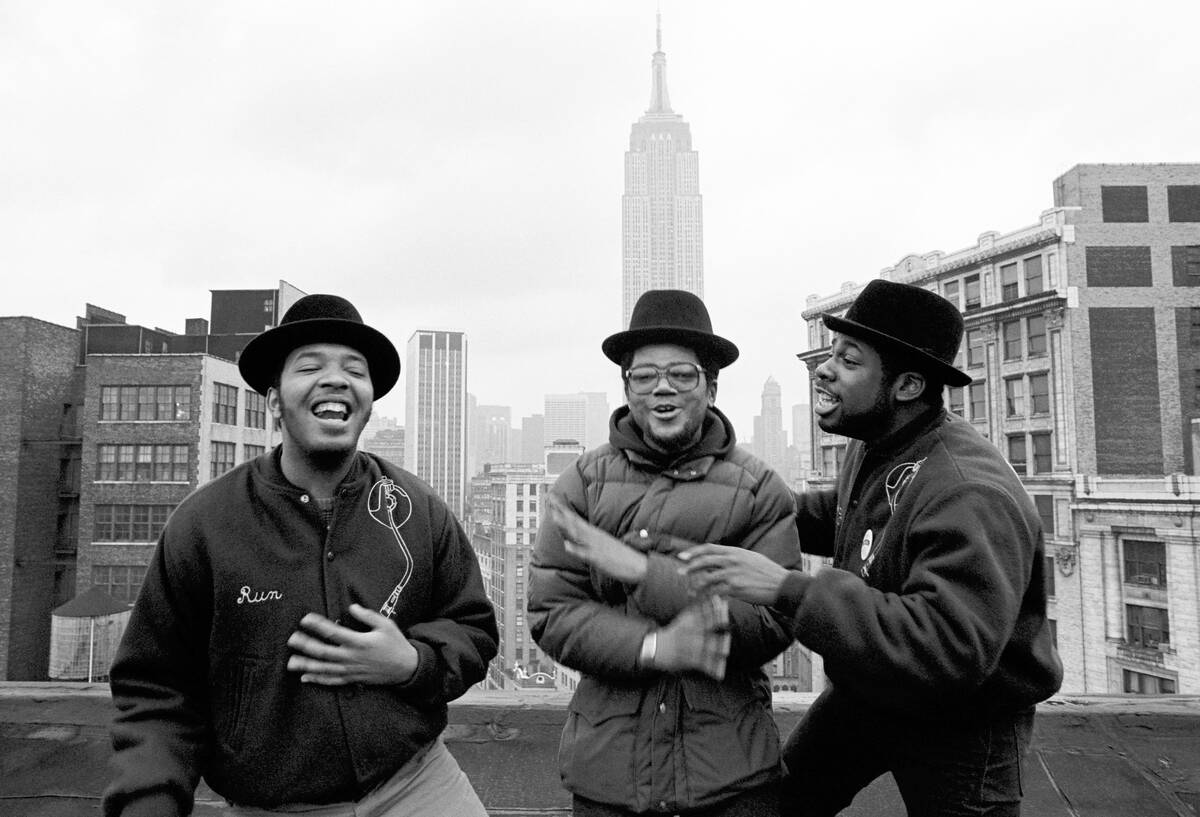
Just as the name sounds, “barf me out” means when someone is grossed out or physically revolted. It’s pretty similar to another 80s slang phrase, “gag me with a spoon.”
“Bad” might not mean what you think it does.
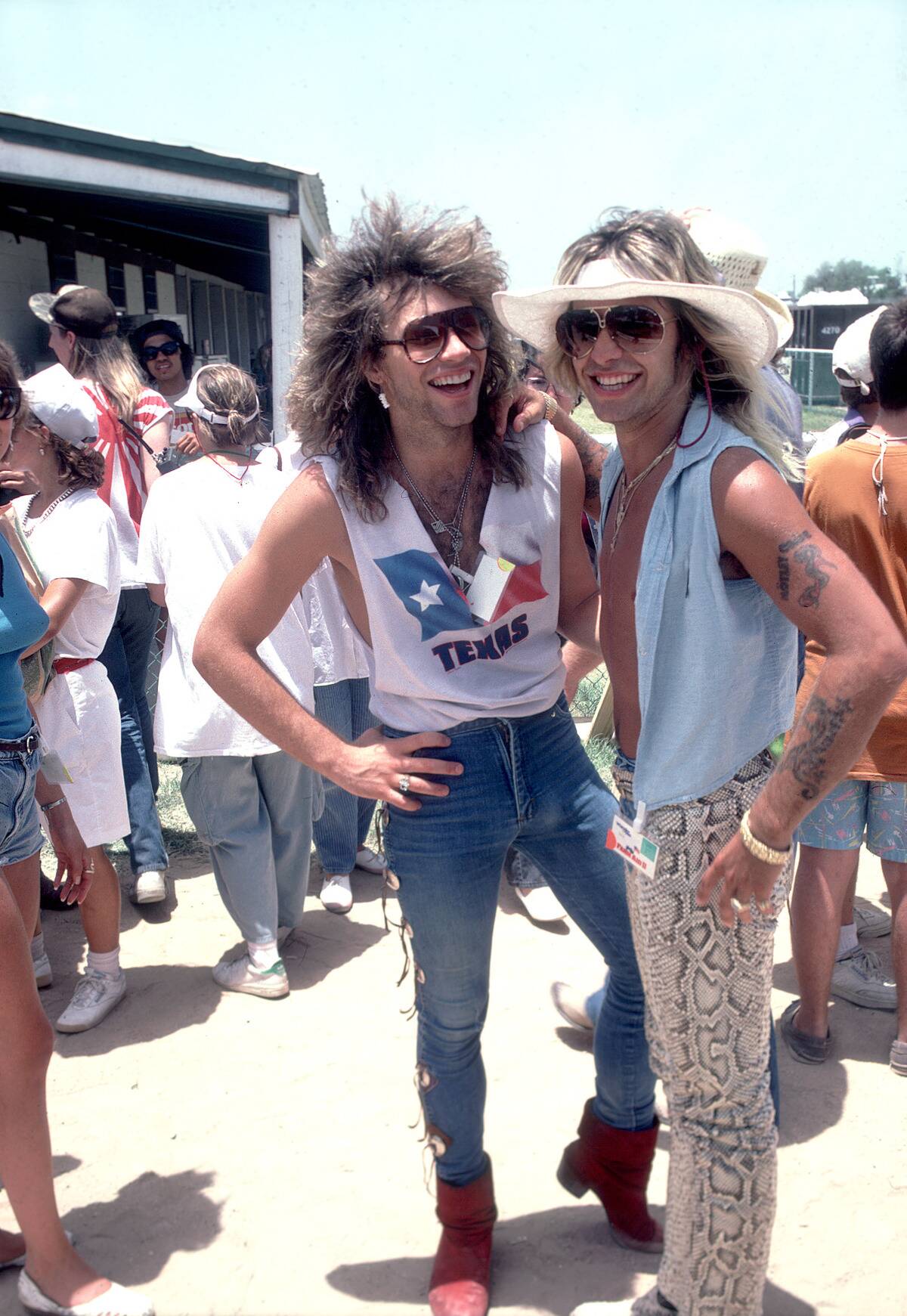
A. rotten
B. good
C. far away
D. fuzzy
Answer: good
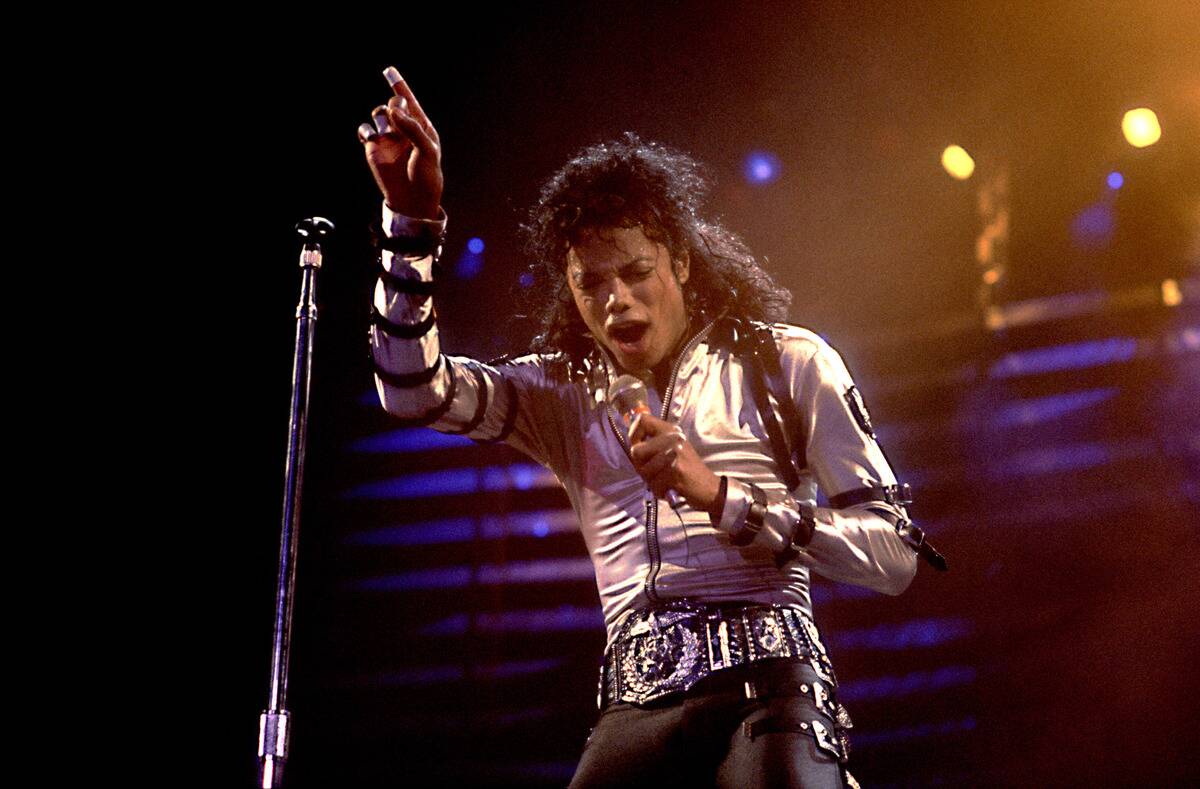
Michael Jackson was one of the biggest figures in 80’s pop culture, especially with his album Bad. This led to the phrase being used to replace good. However, if something was “bad,” it was often better than good.
“What’s your damage?” actually means this.
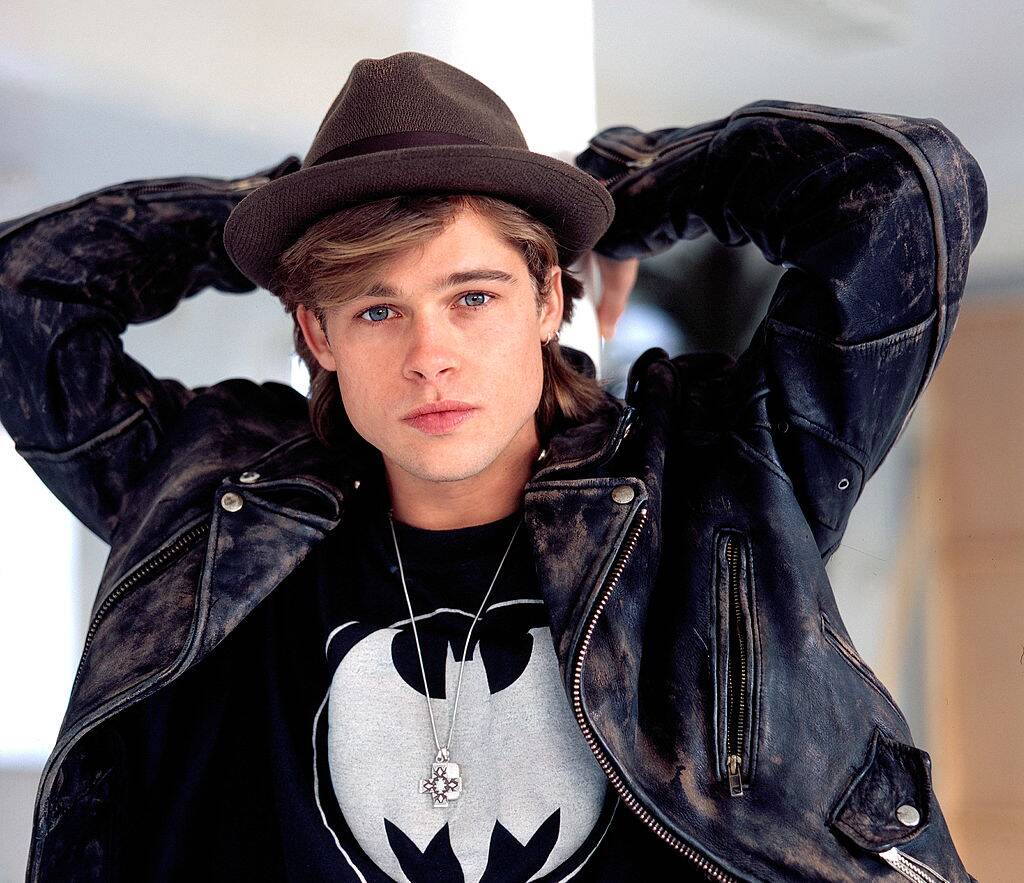
A. How old are you?
B. How much money did you spend?
C. What is the matter with you?
D. What do you want to do?
Answer: What is the matter with you?
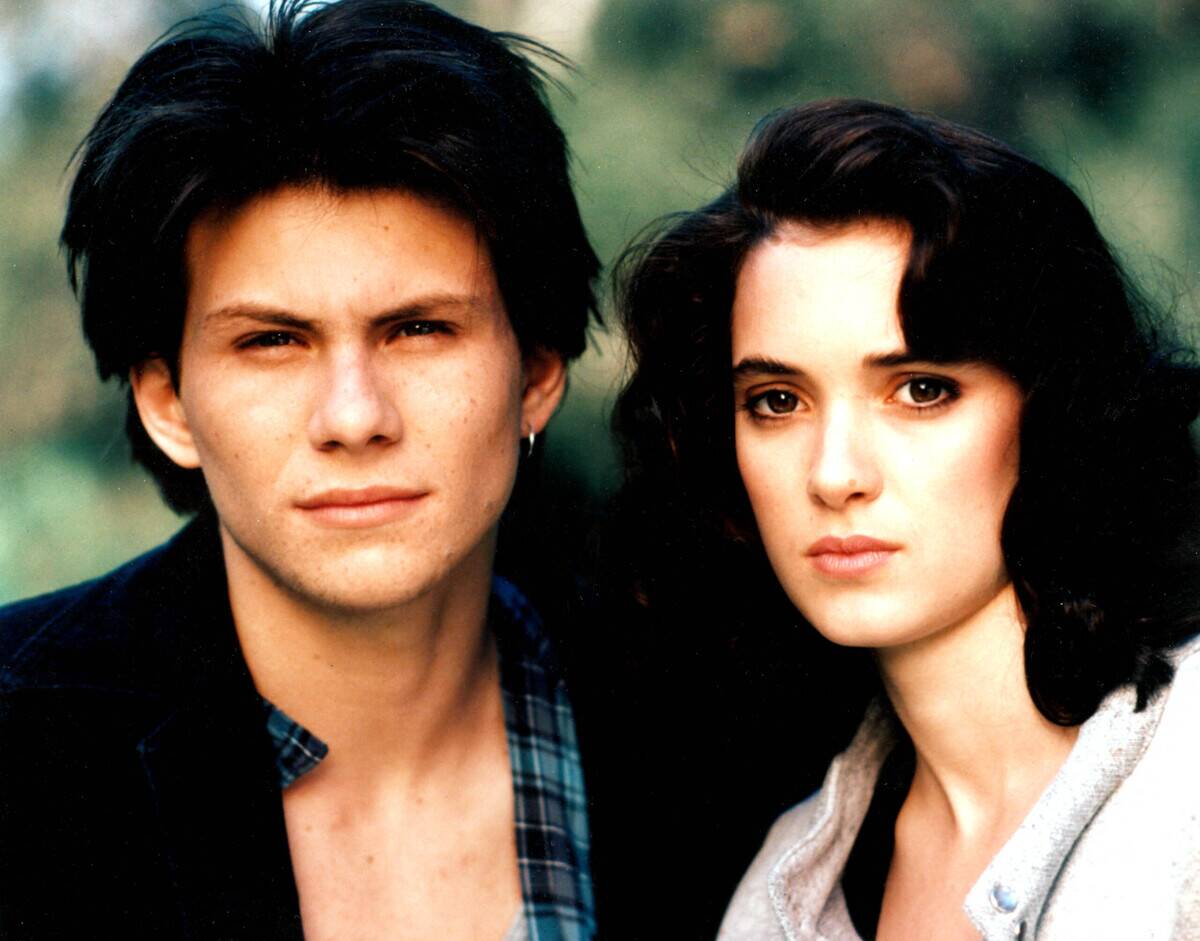
If you ever heard the question, “What’s your damage?” it actually just means, “What is the matter with you?” The question was first said in the 1988 teen movie Heathers.
Define “airhead.”

A. someone with nice hair
B. someone who travels by airplane
C. someone who is good at sports
D. someone who is unintelligent
Answer: someone who is unintelligent
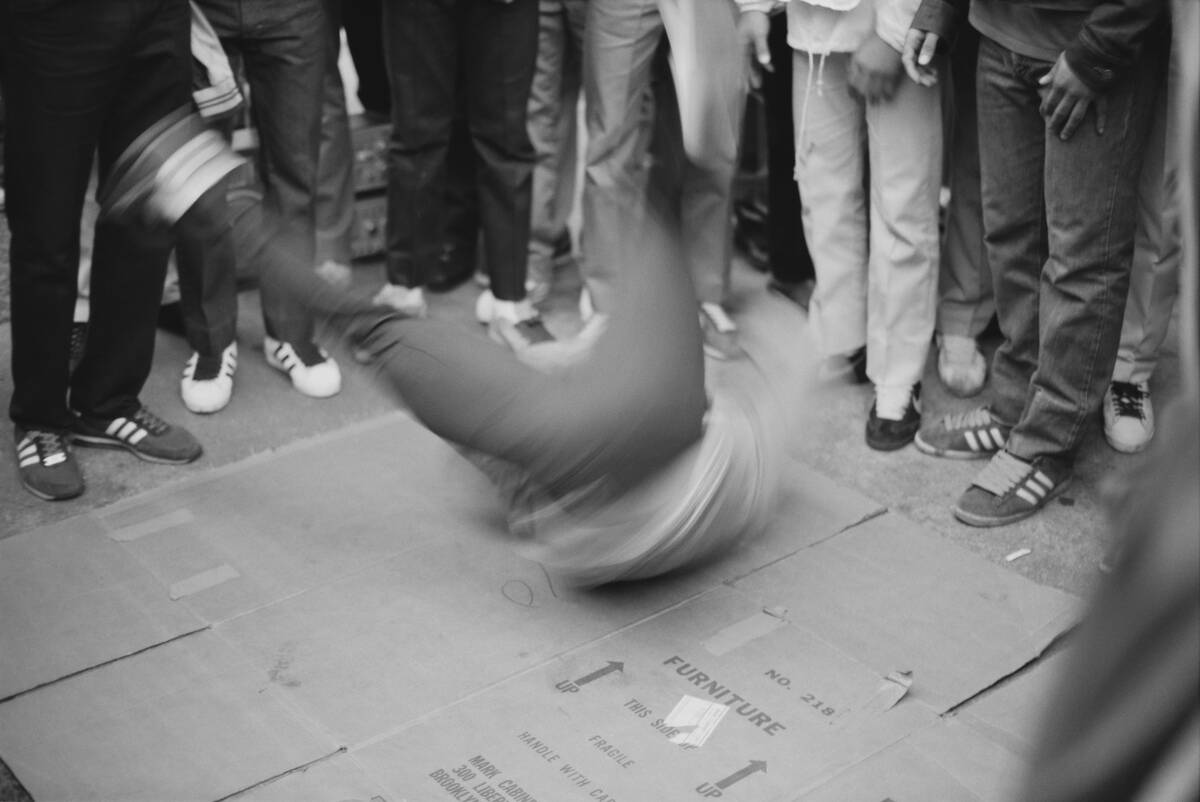
If you ever wanted to insult someone in the 1980s, one of the meanest things you could call them is an “airhead.” An “airhead” is often used to describe someone who is unintelligent.
Try to guess the definition of “bombdiggity.”
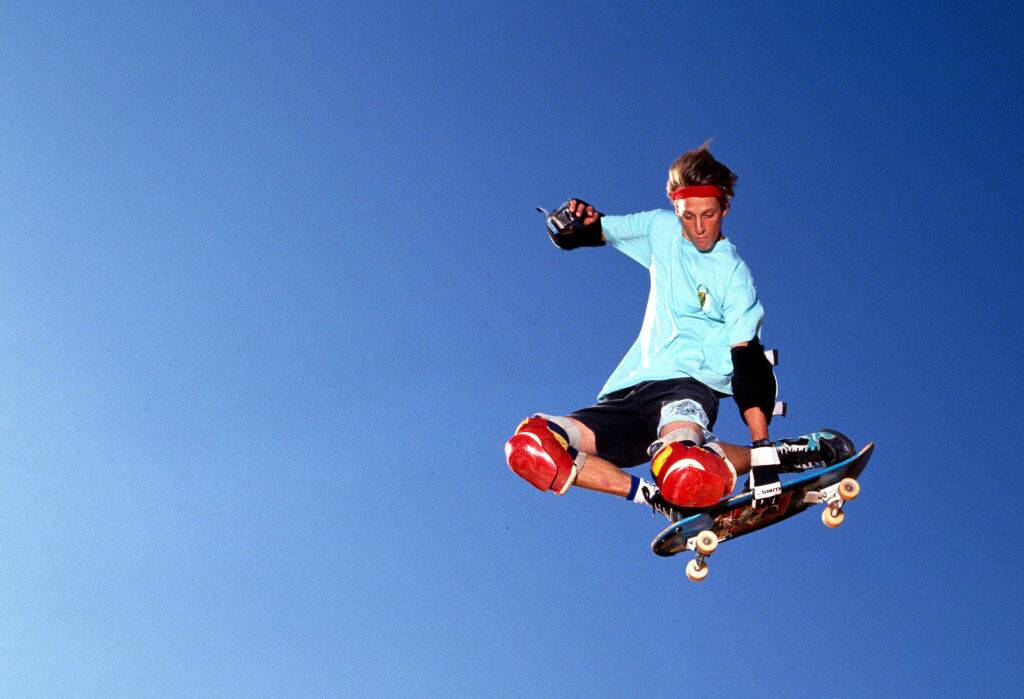
A. awesome
B. challenging
C. healthy
D. nerdy
Answer: awesome

One of the funniest-sounding phrases that came out of the 1980s was “bombdiggity.” This word was used when someone was calling something awesome. For example, “This outfit is the bombdiggity.”
Can you remember the definition of “cowabunga”?
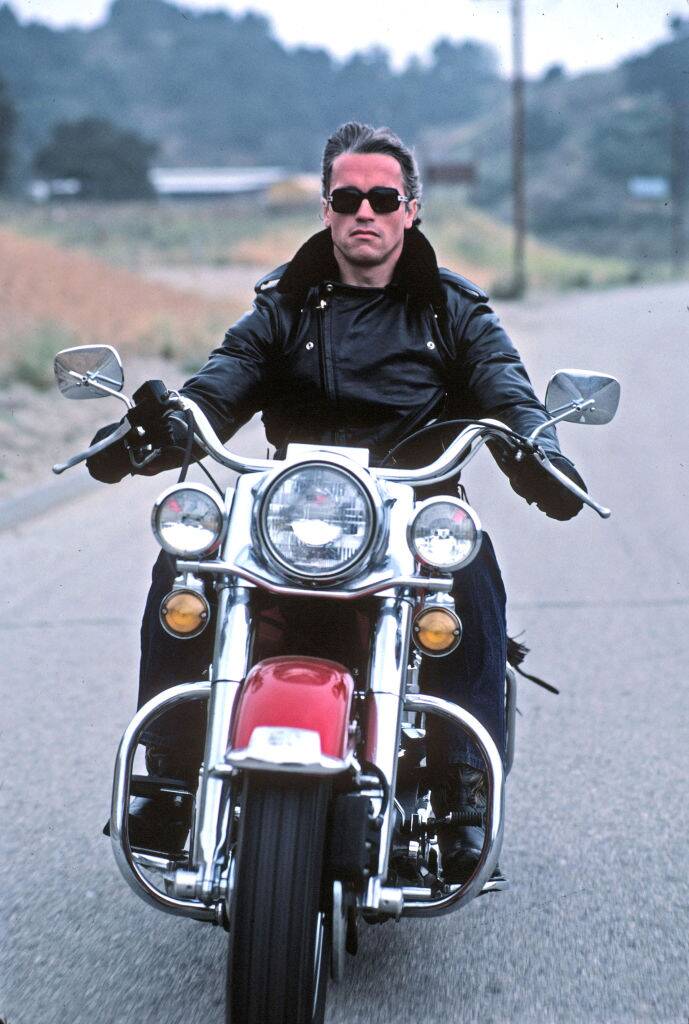
A. done
B. ready
C. lost
D. thirsty
Answer: ready
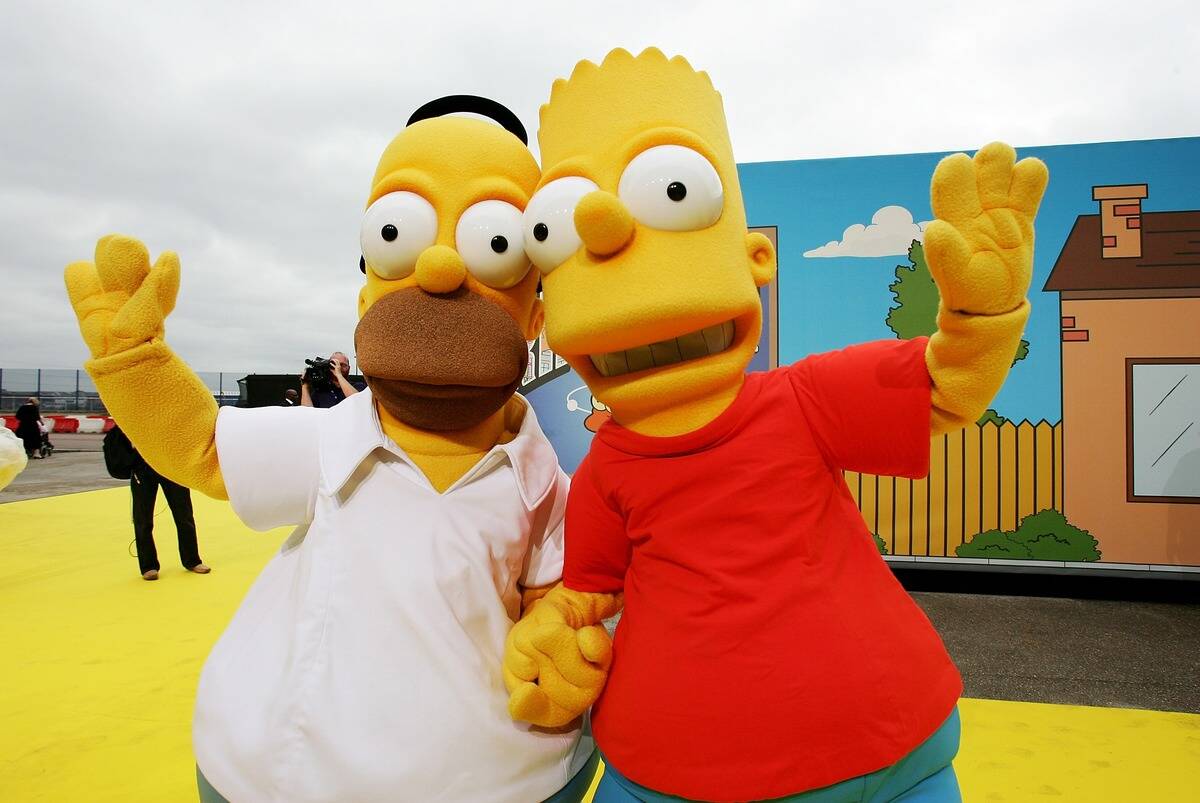
One of the most common expressions from the 1980s was “cowabunga.” This term originated from surfers and was used when they were ready to ride a wave. They might say, “Look at this huge wave coming in! Cowabunga!”

